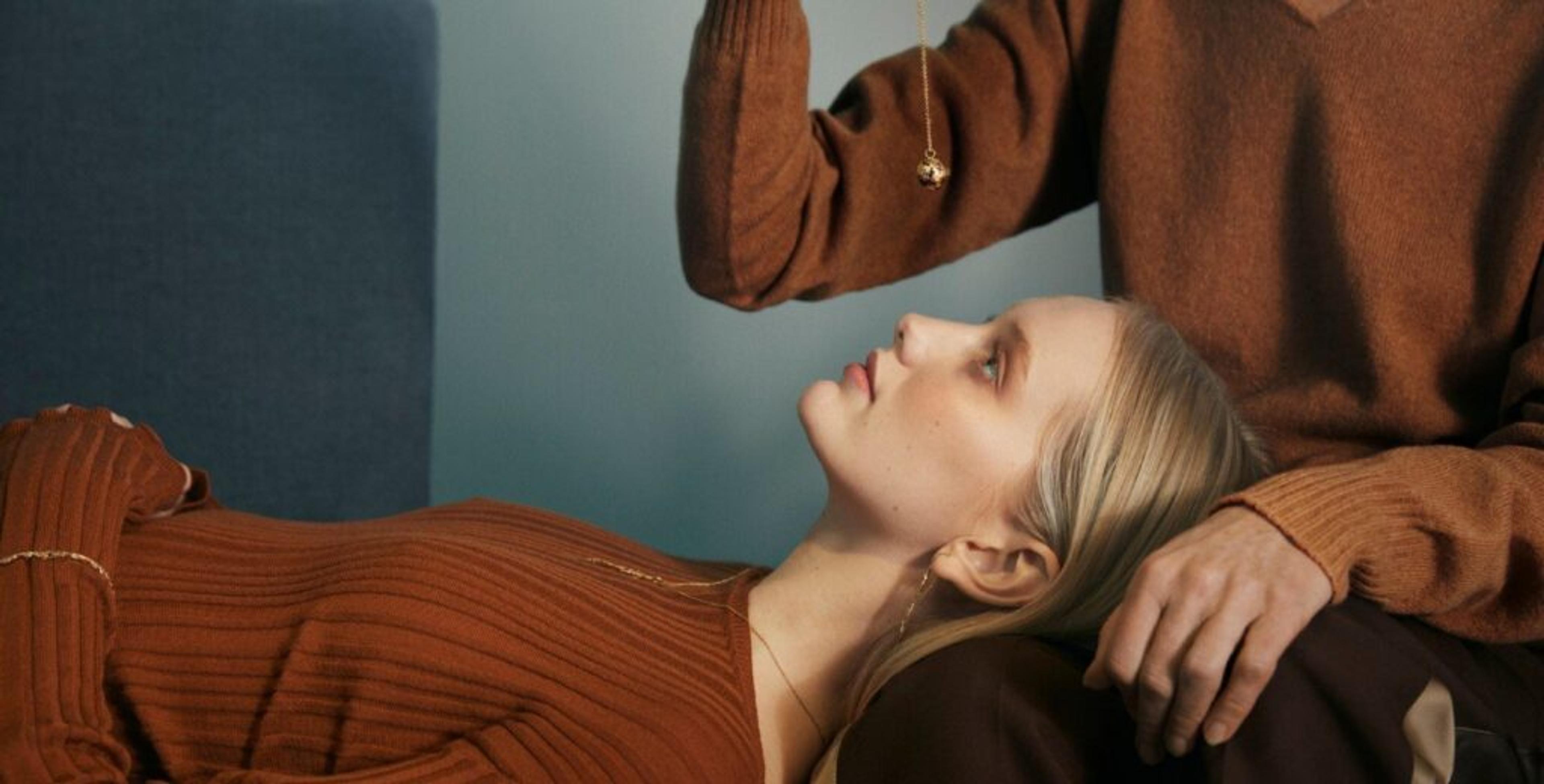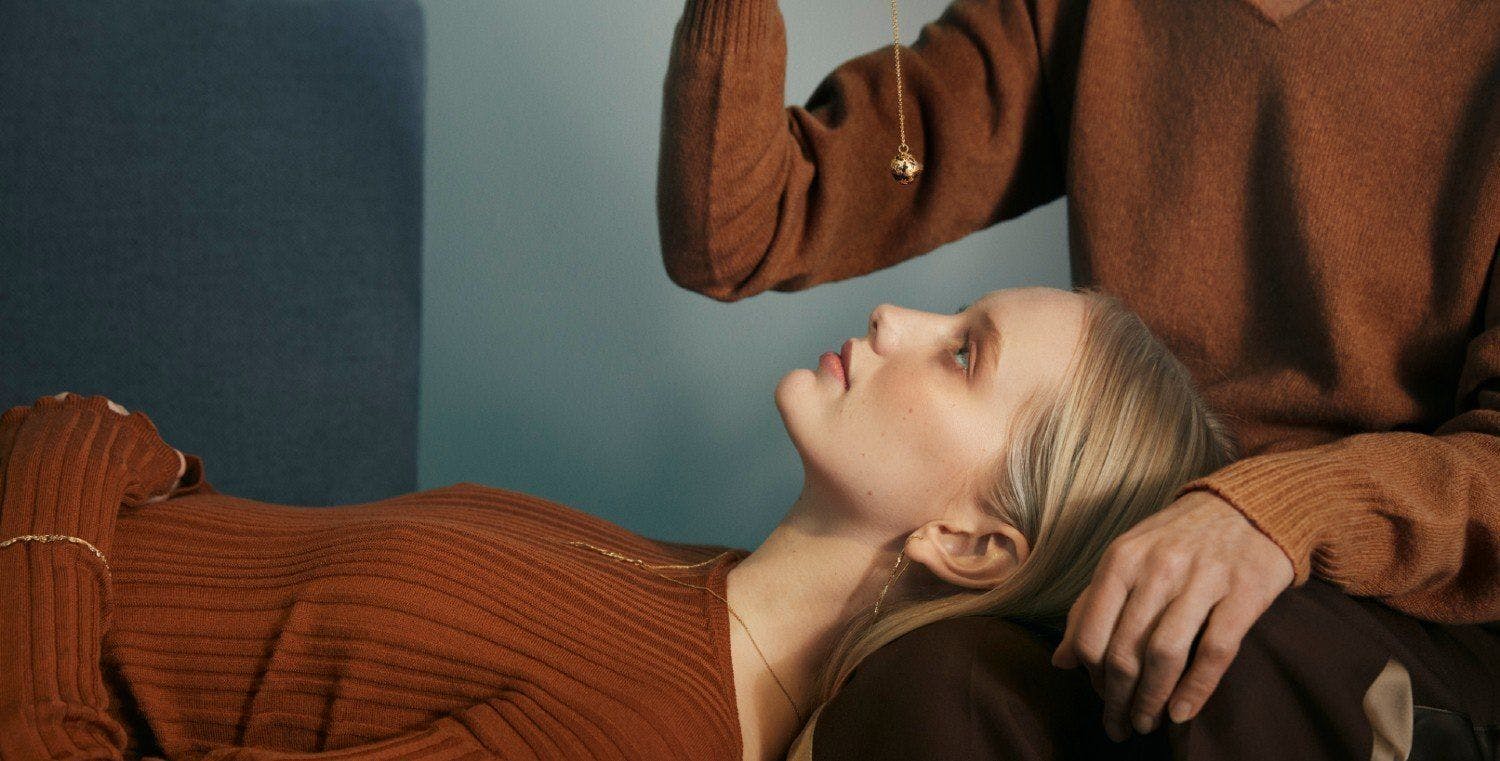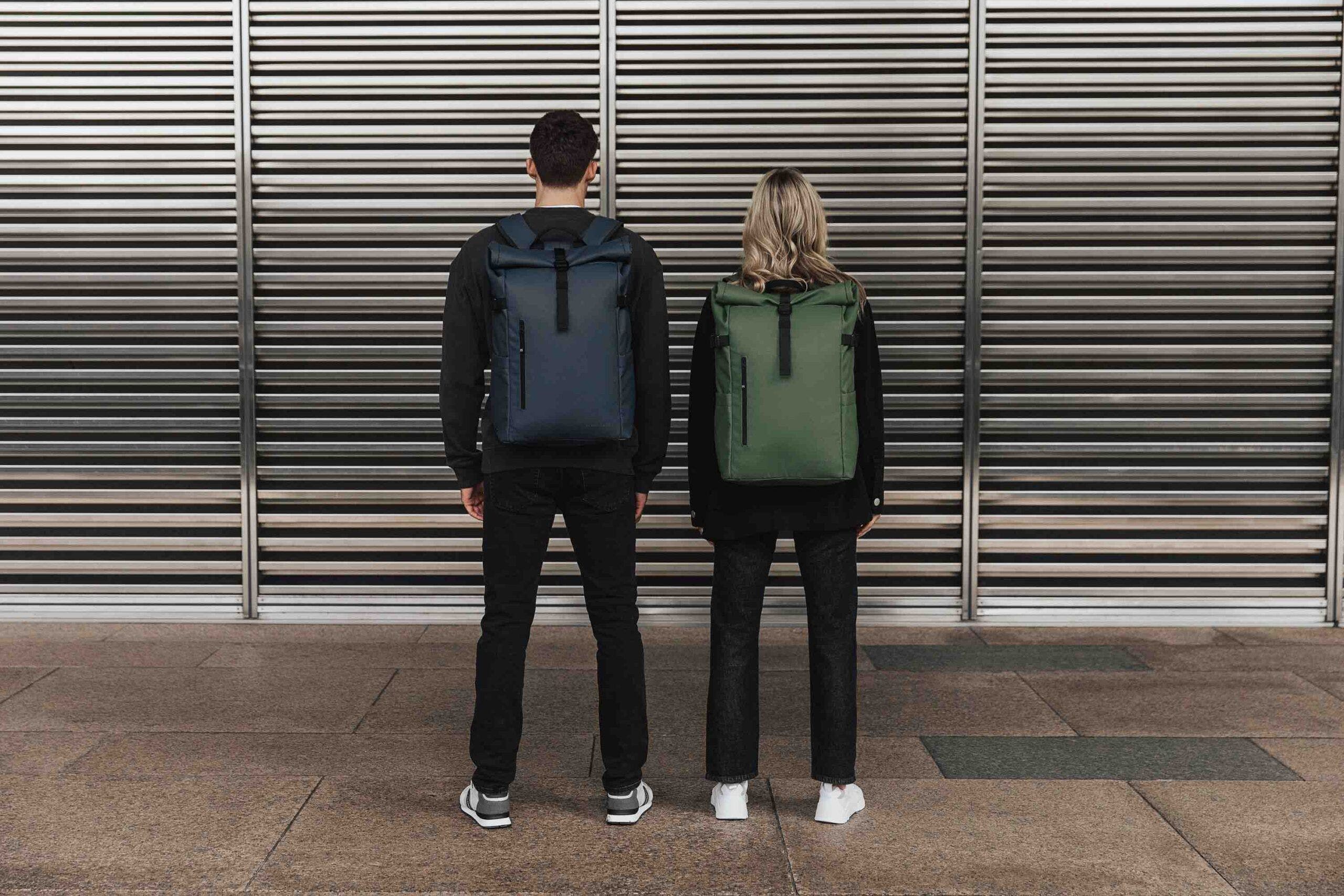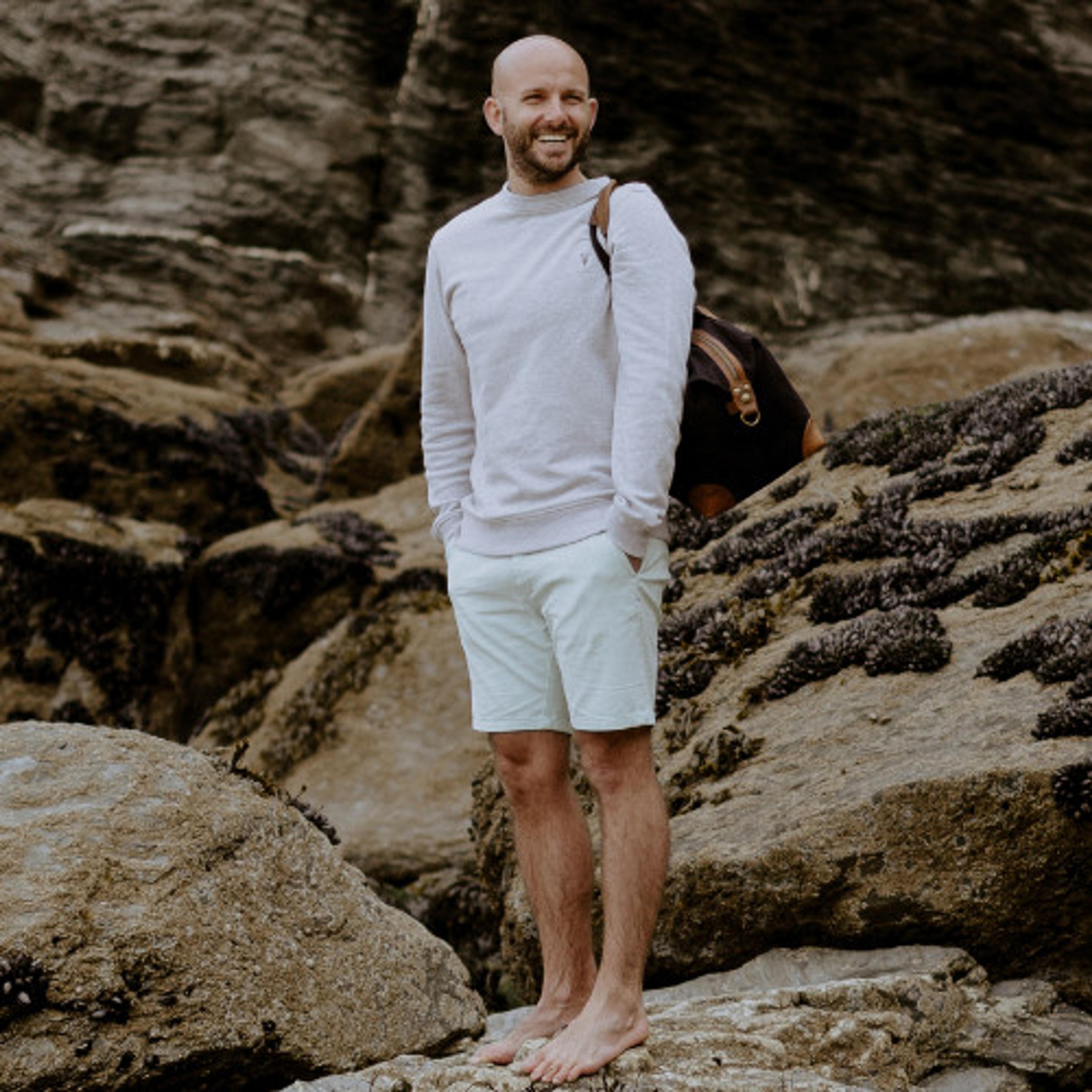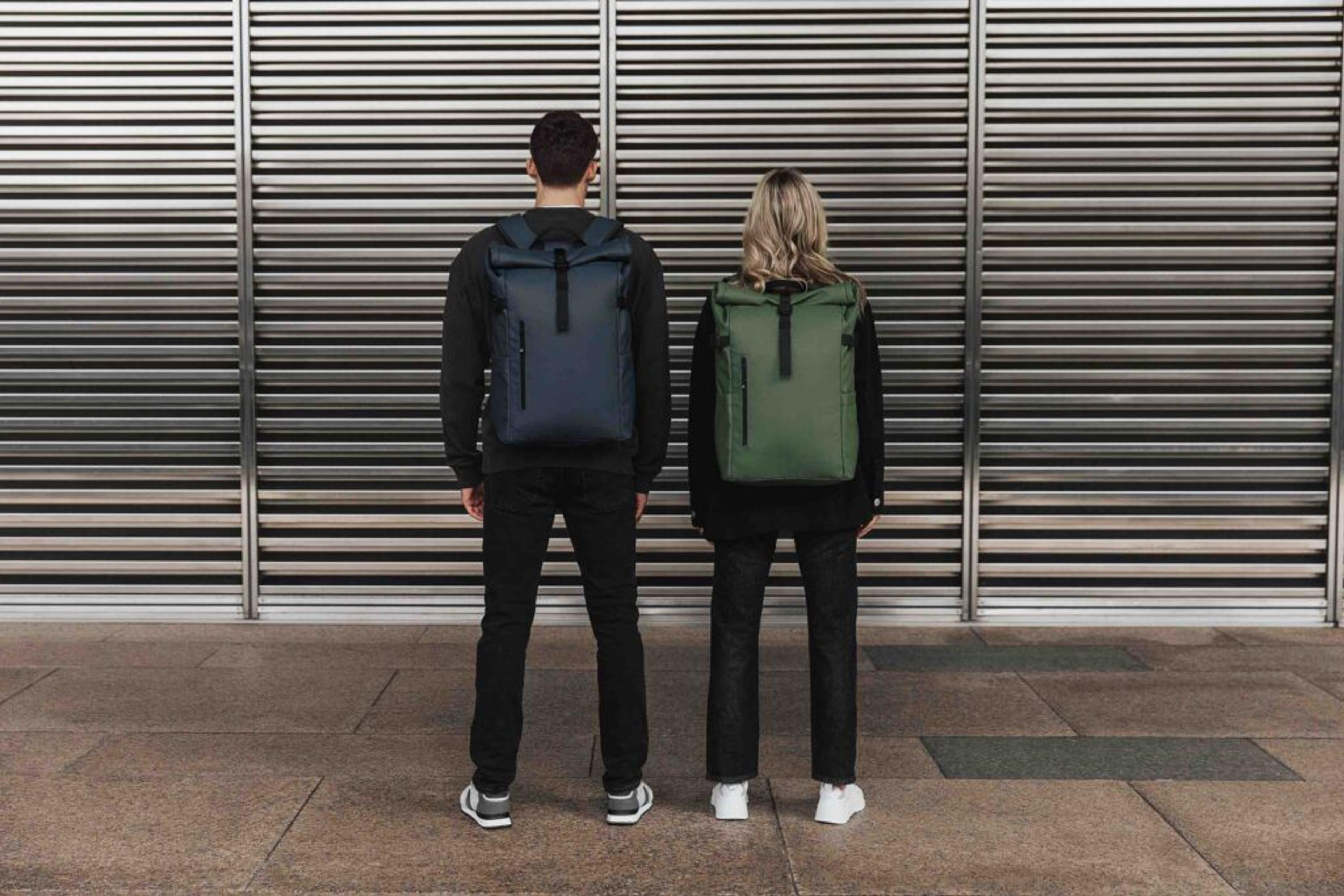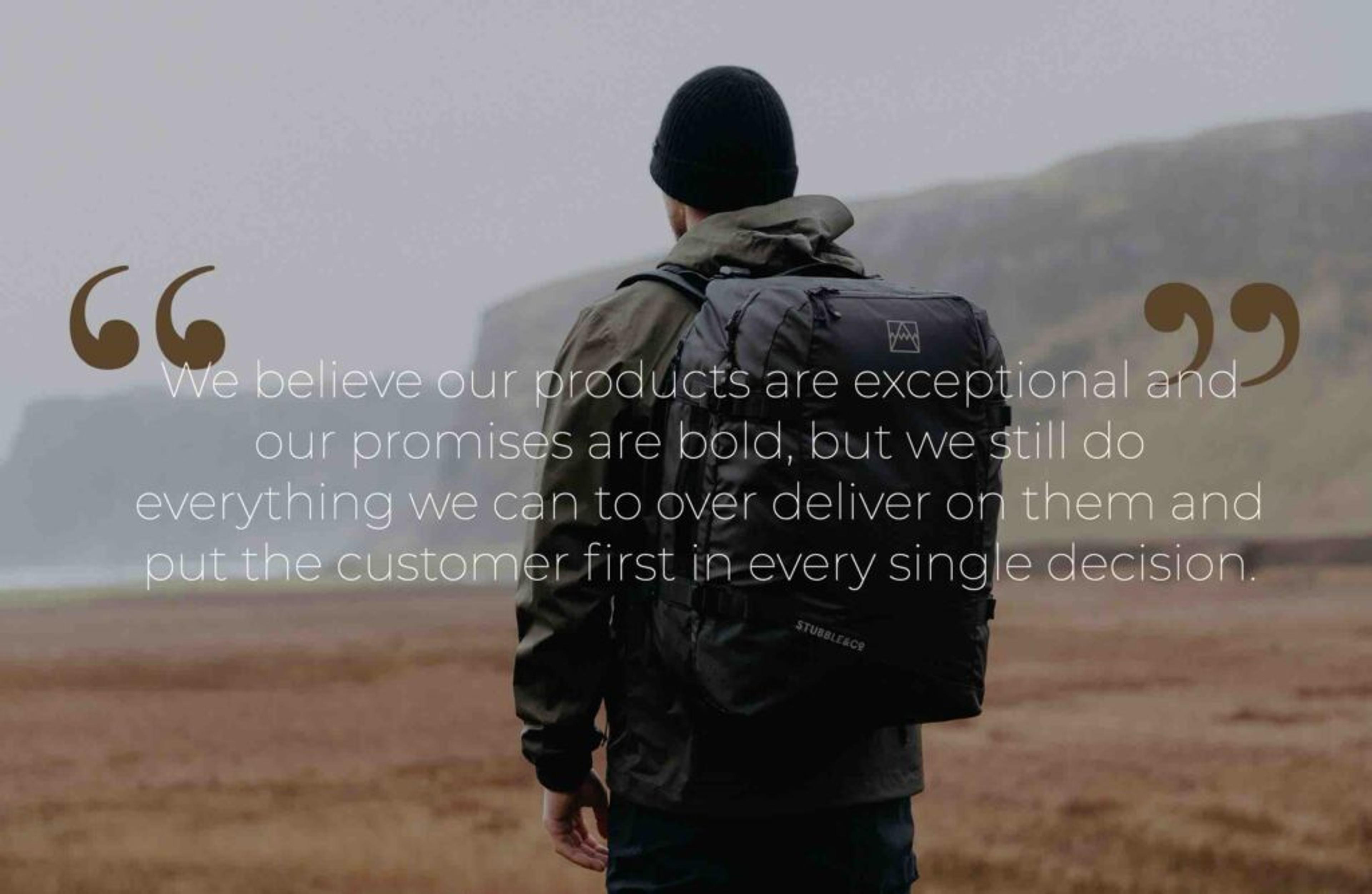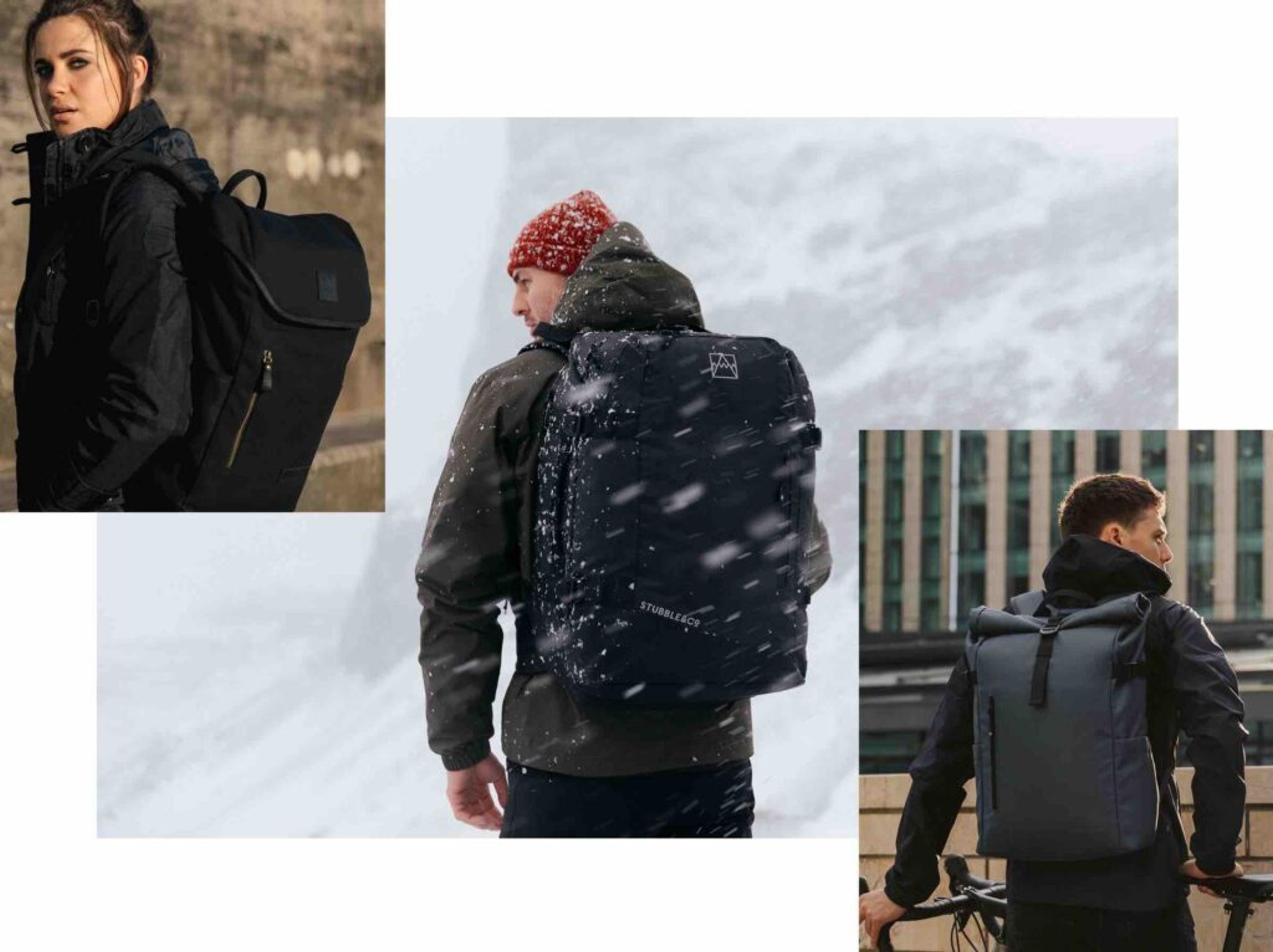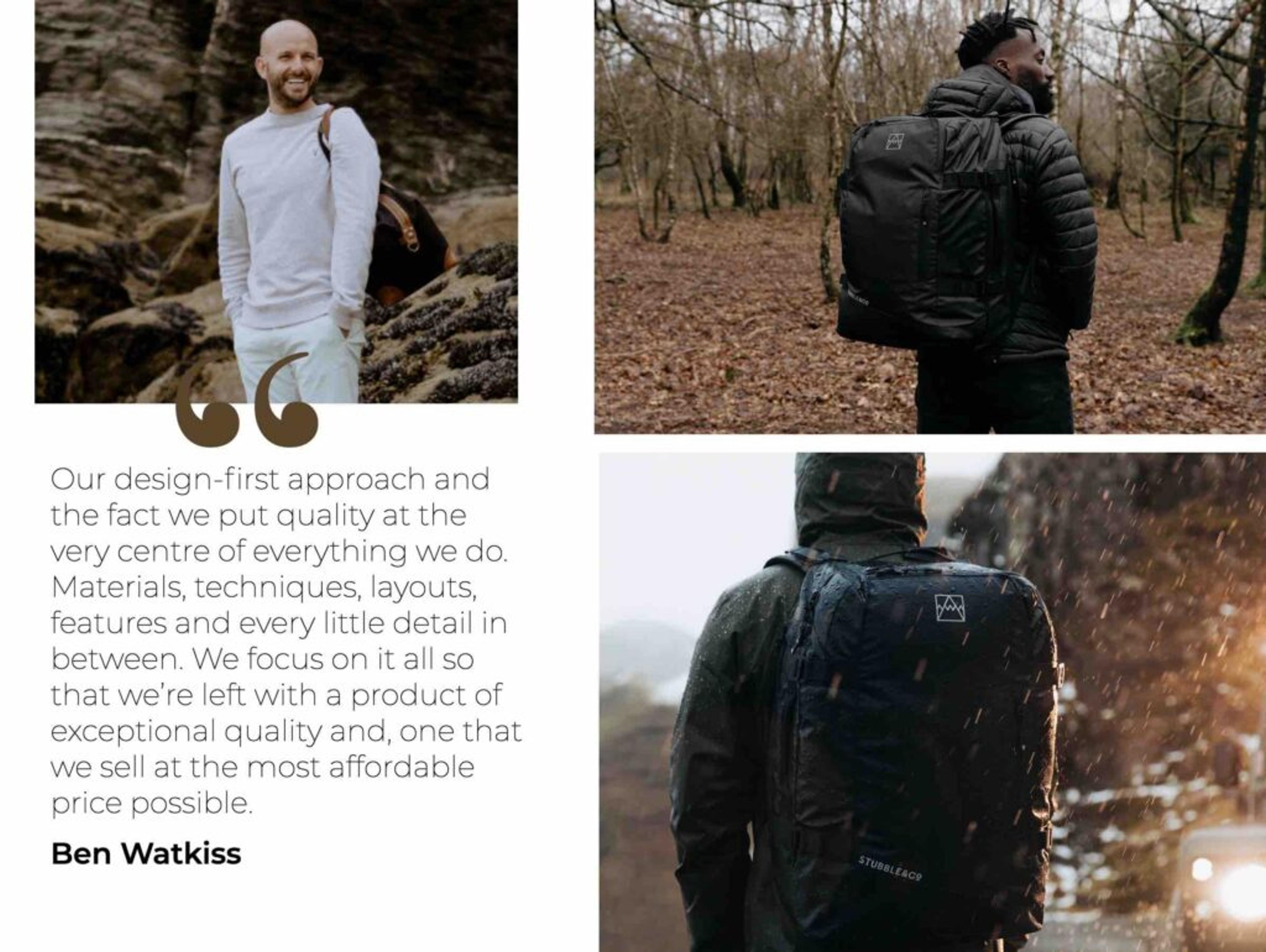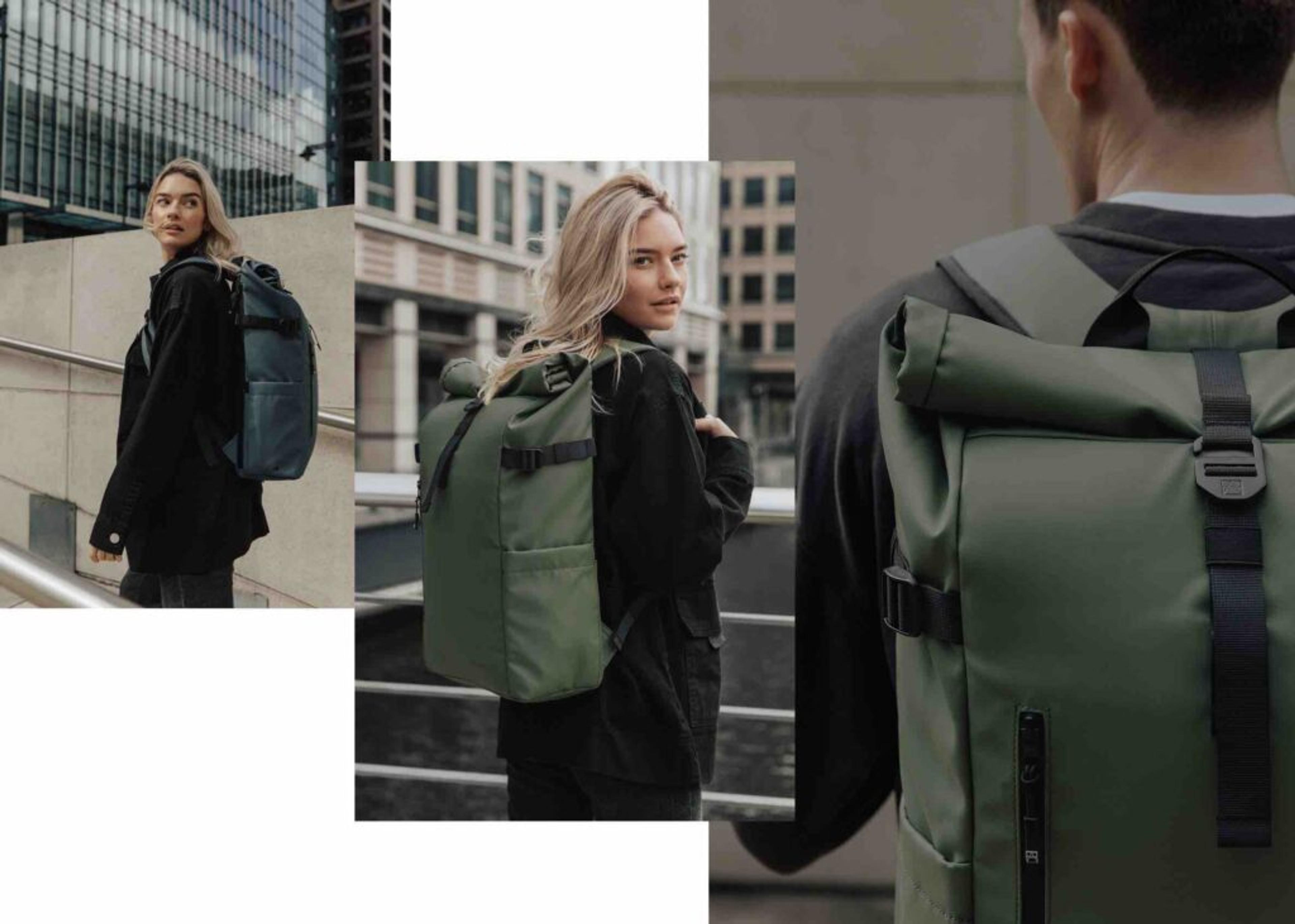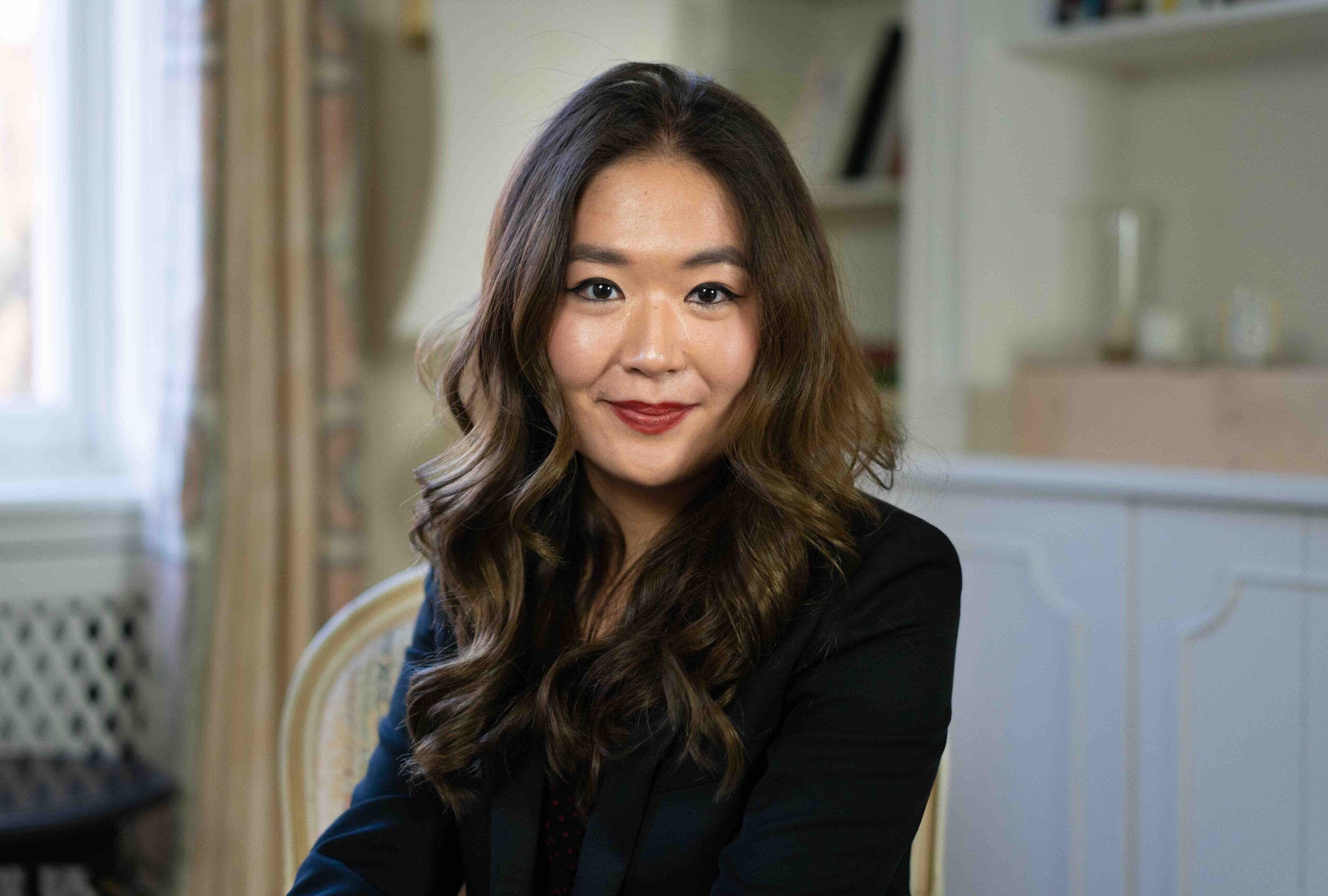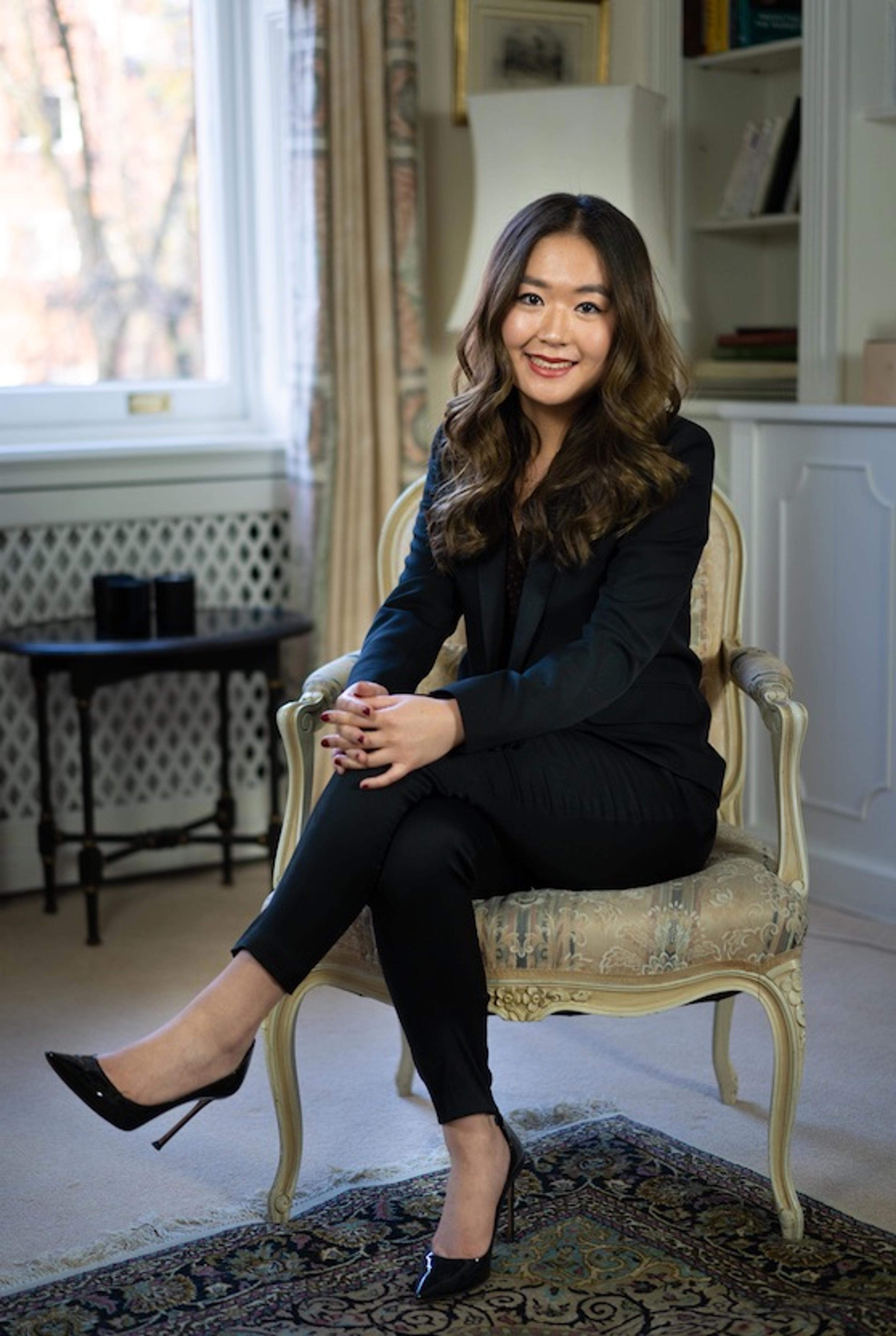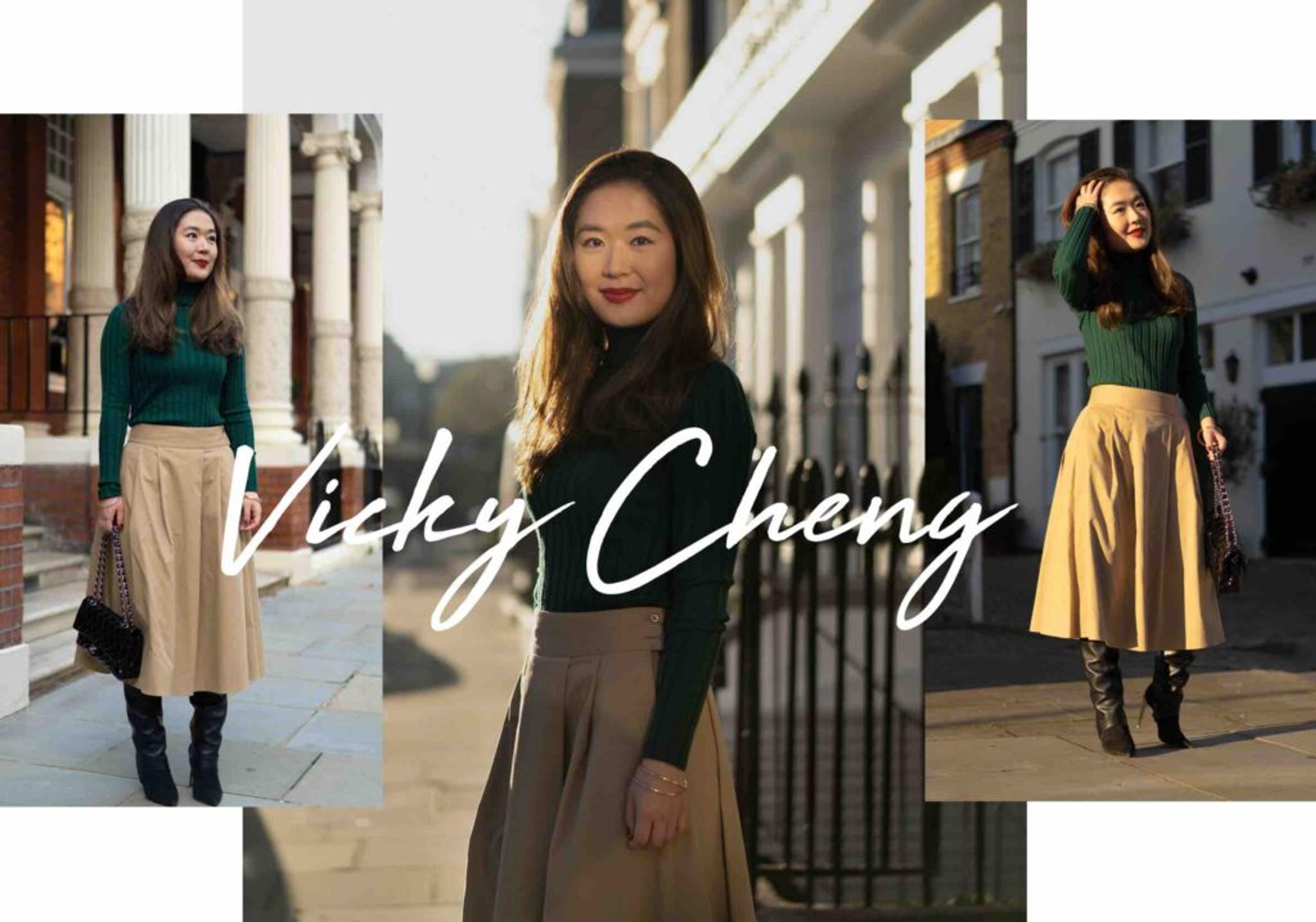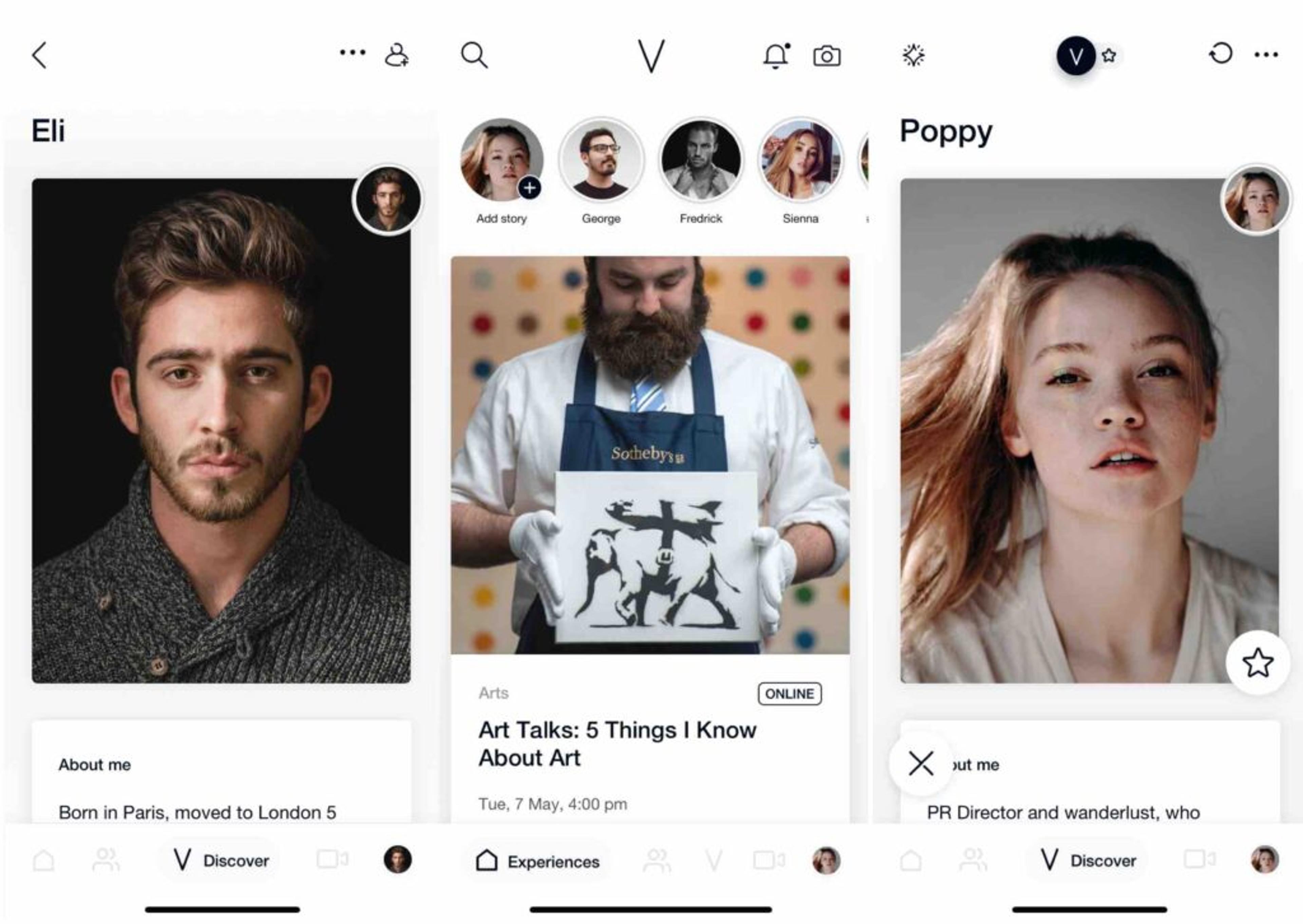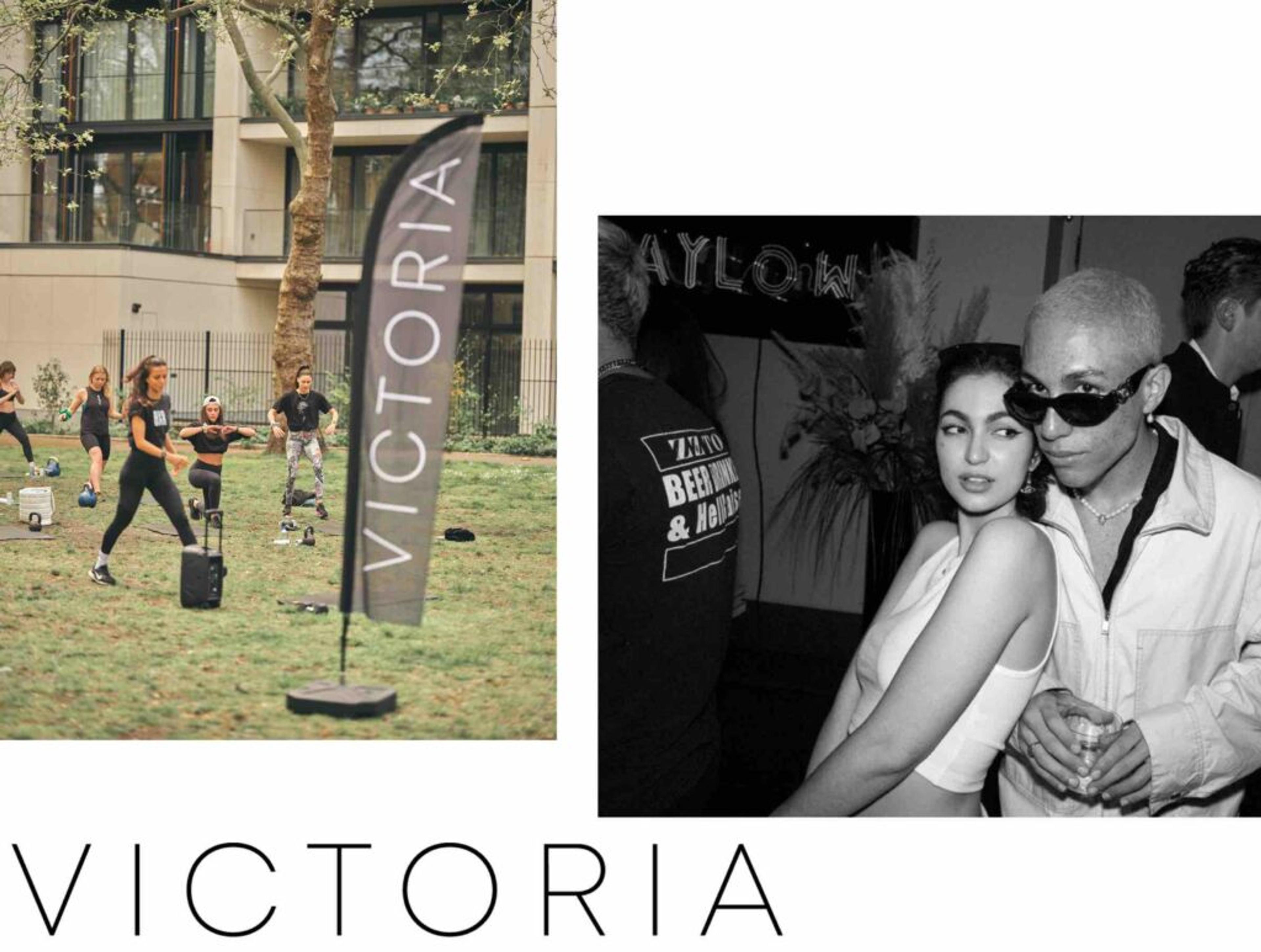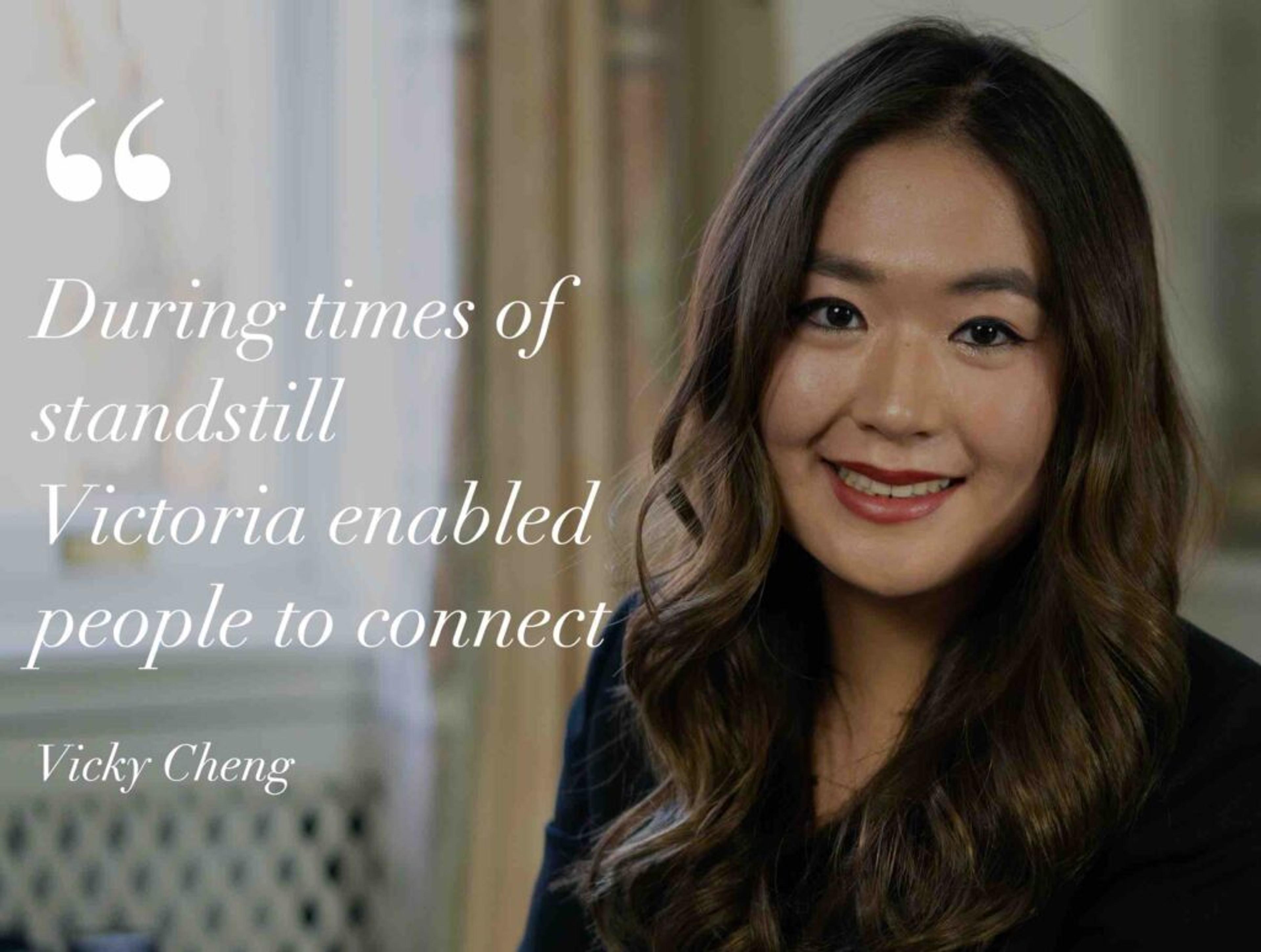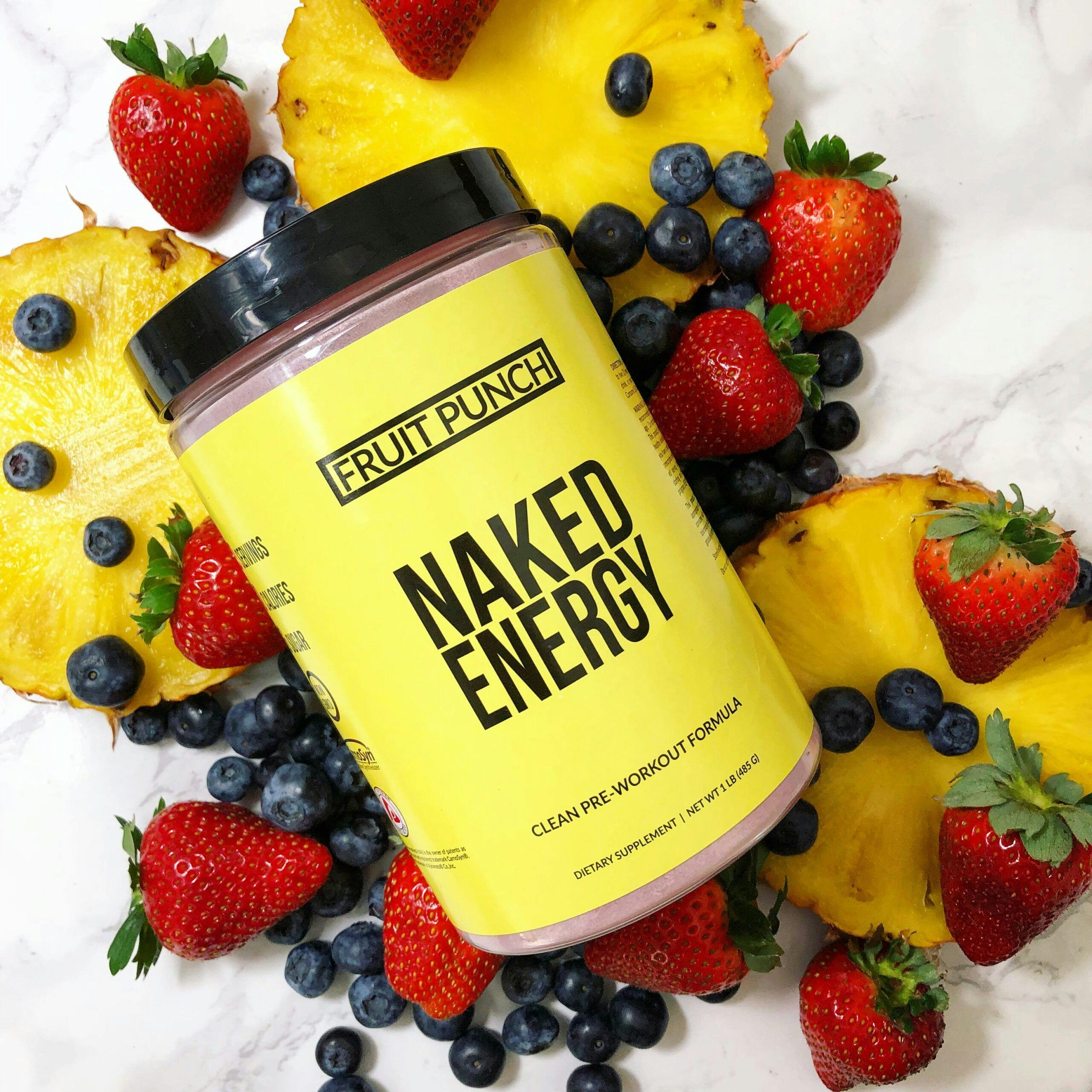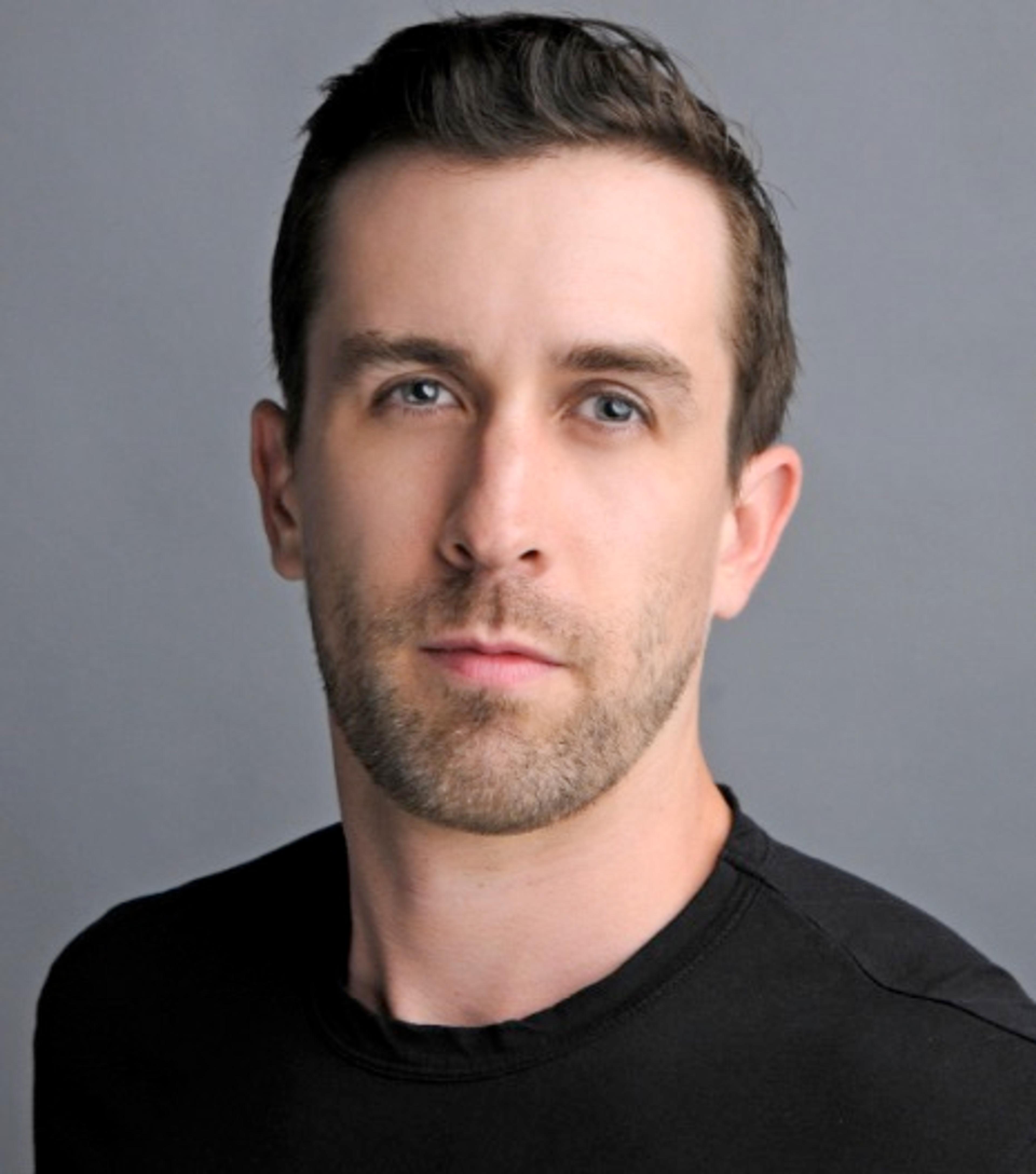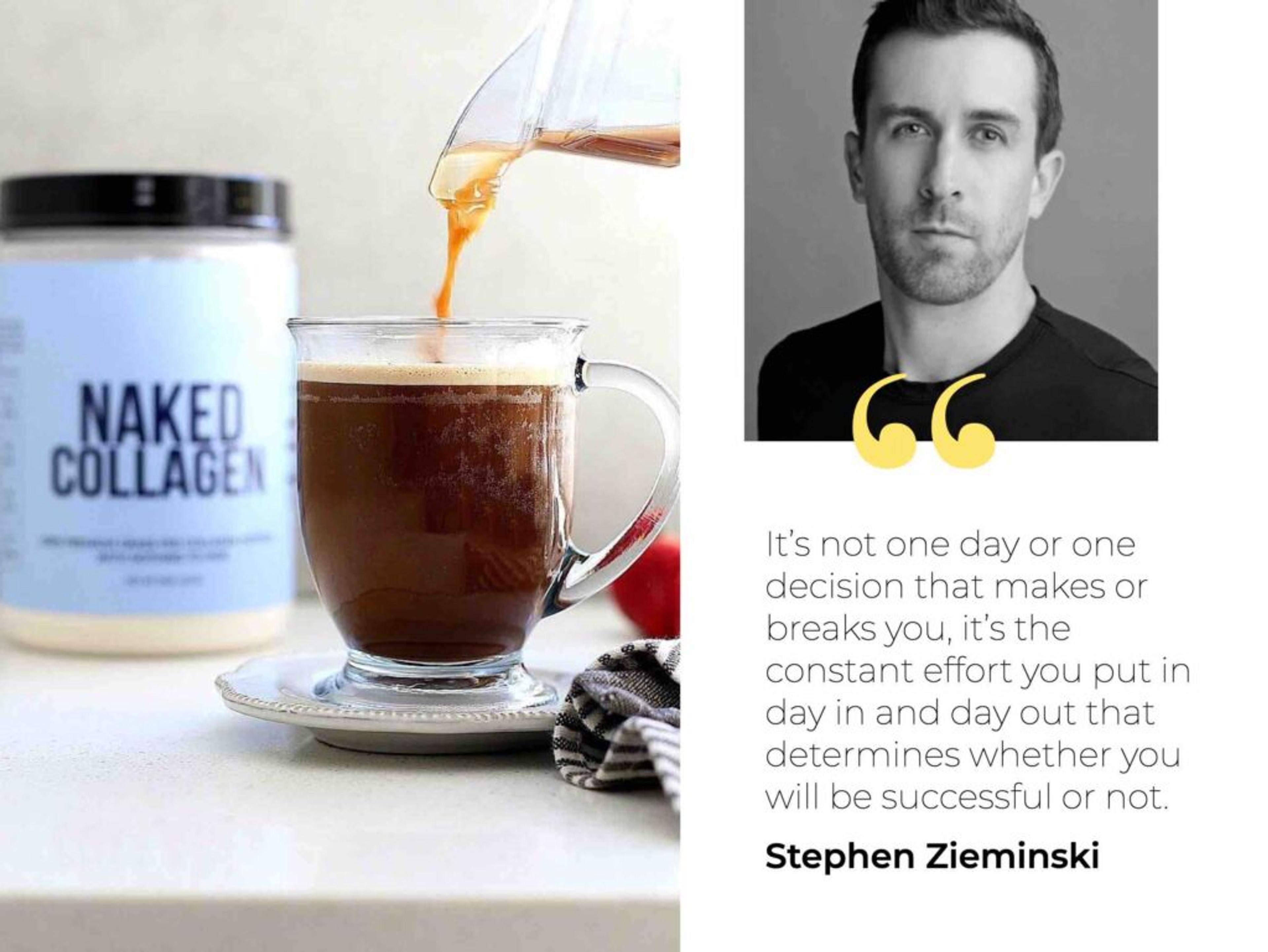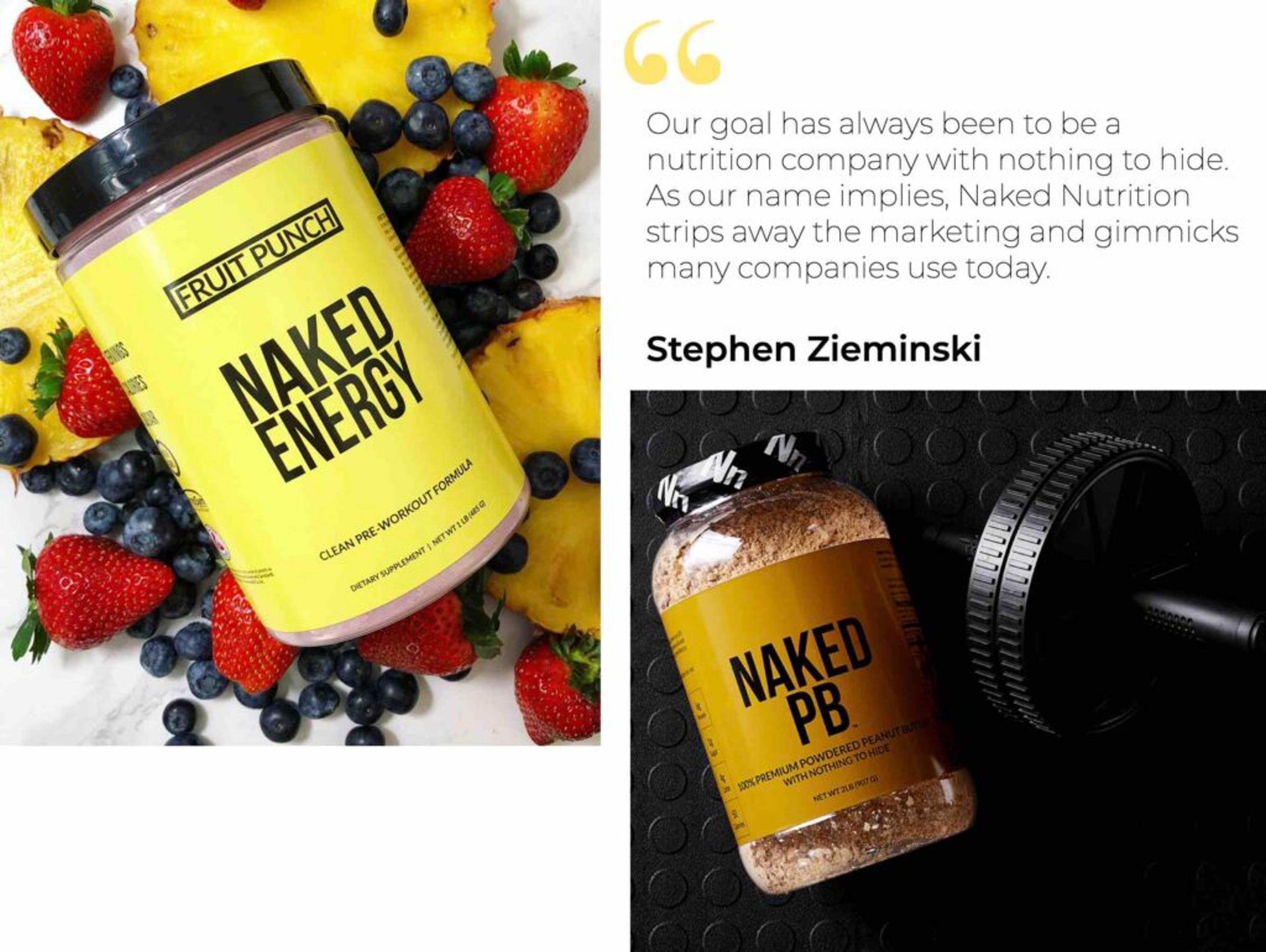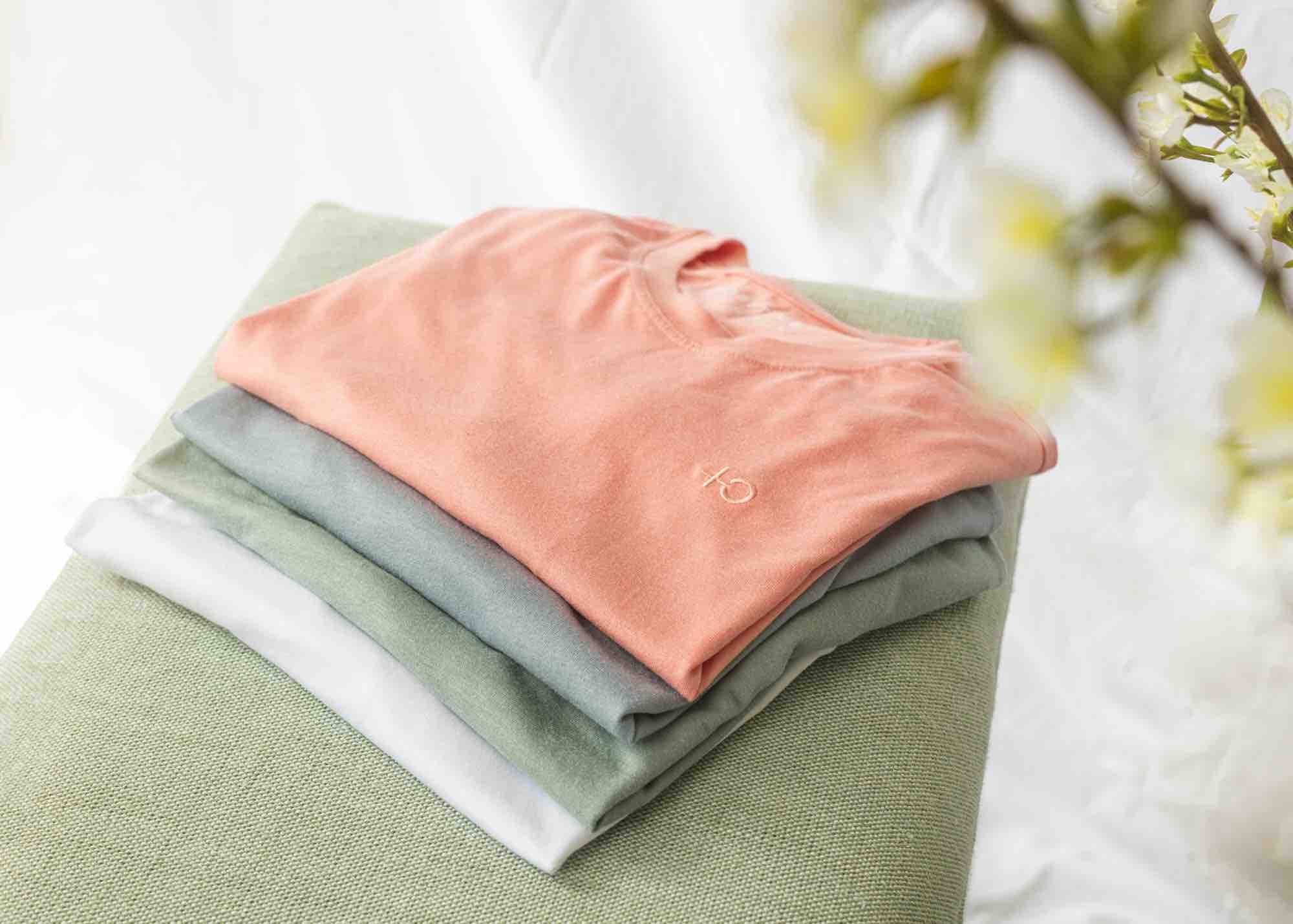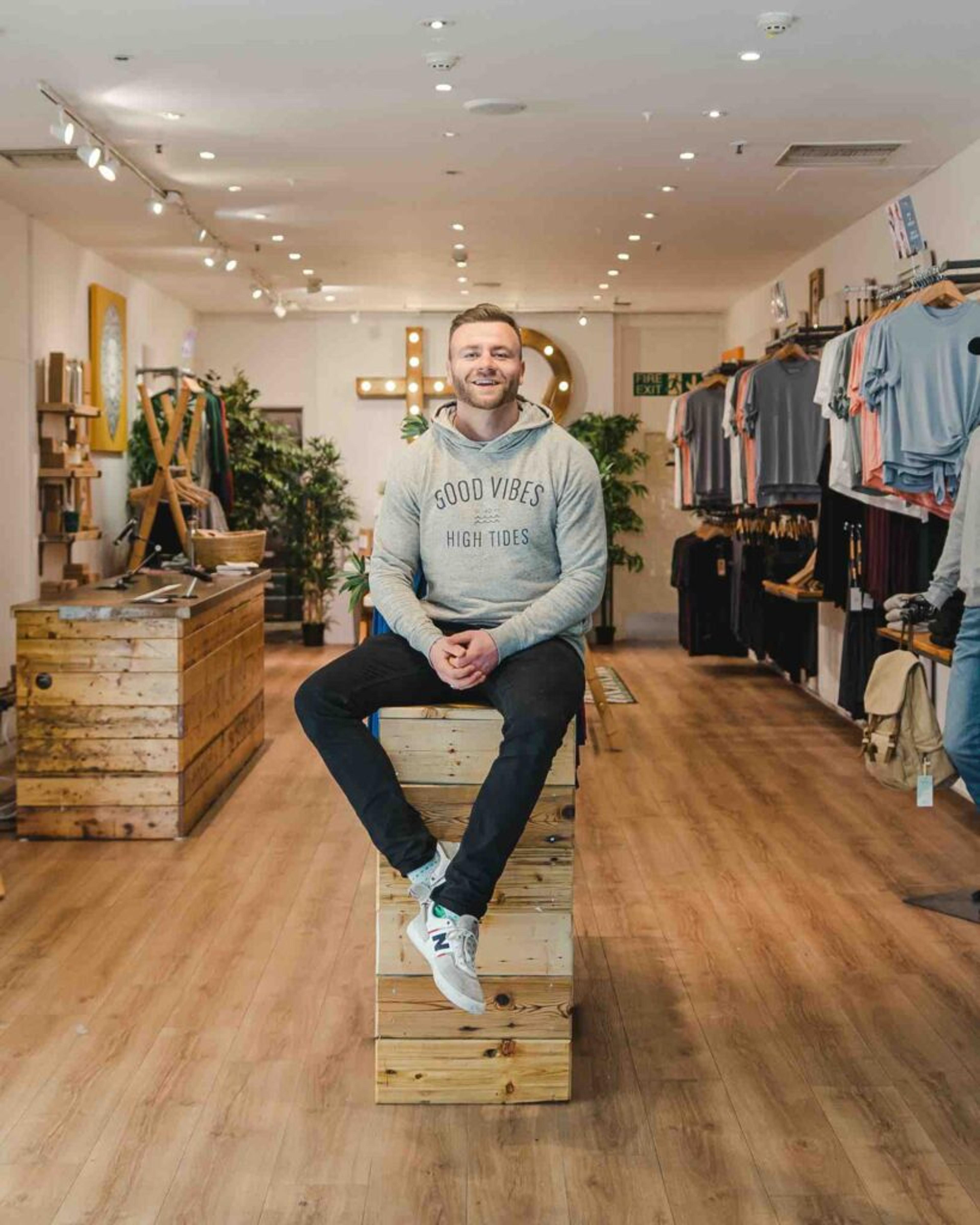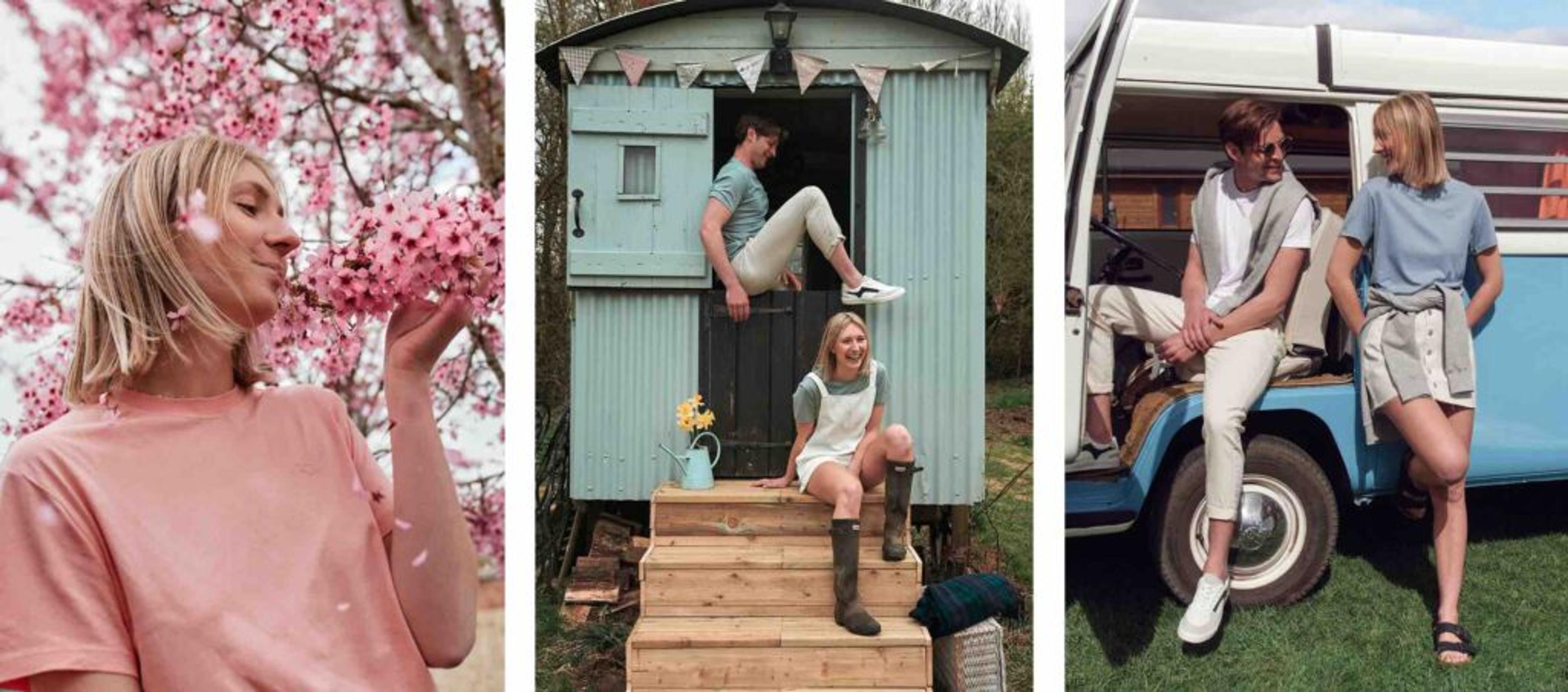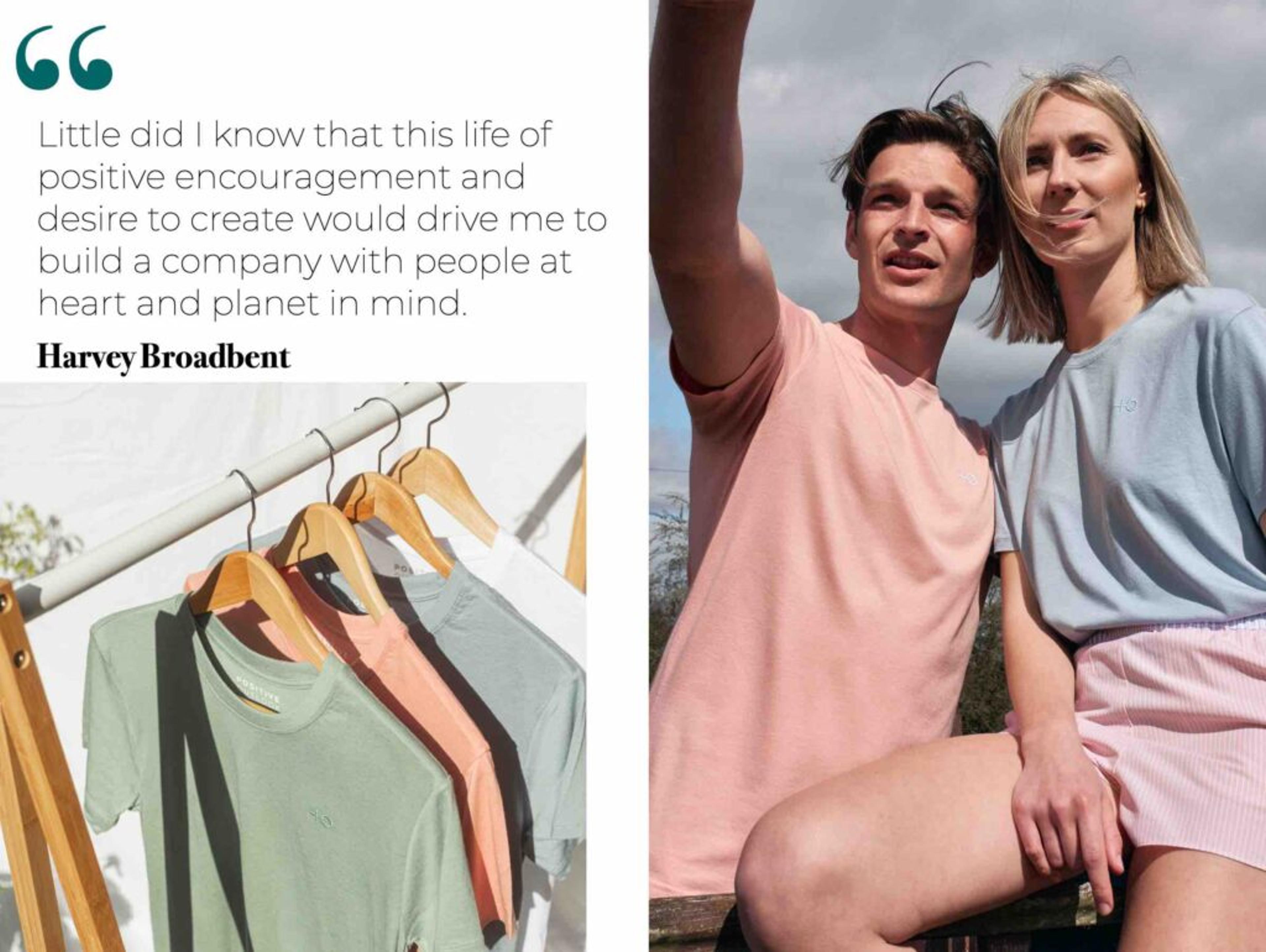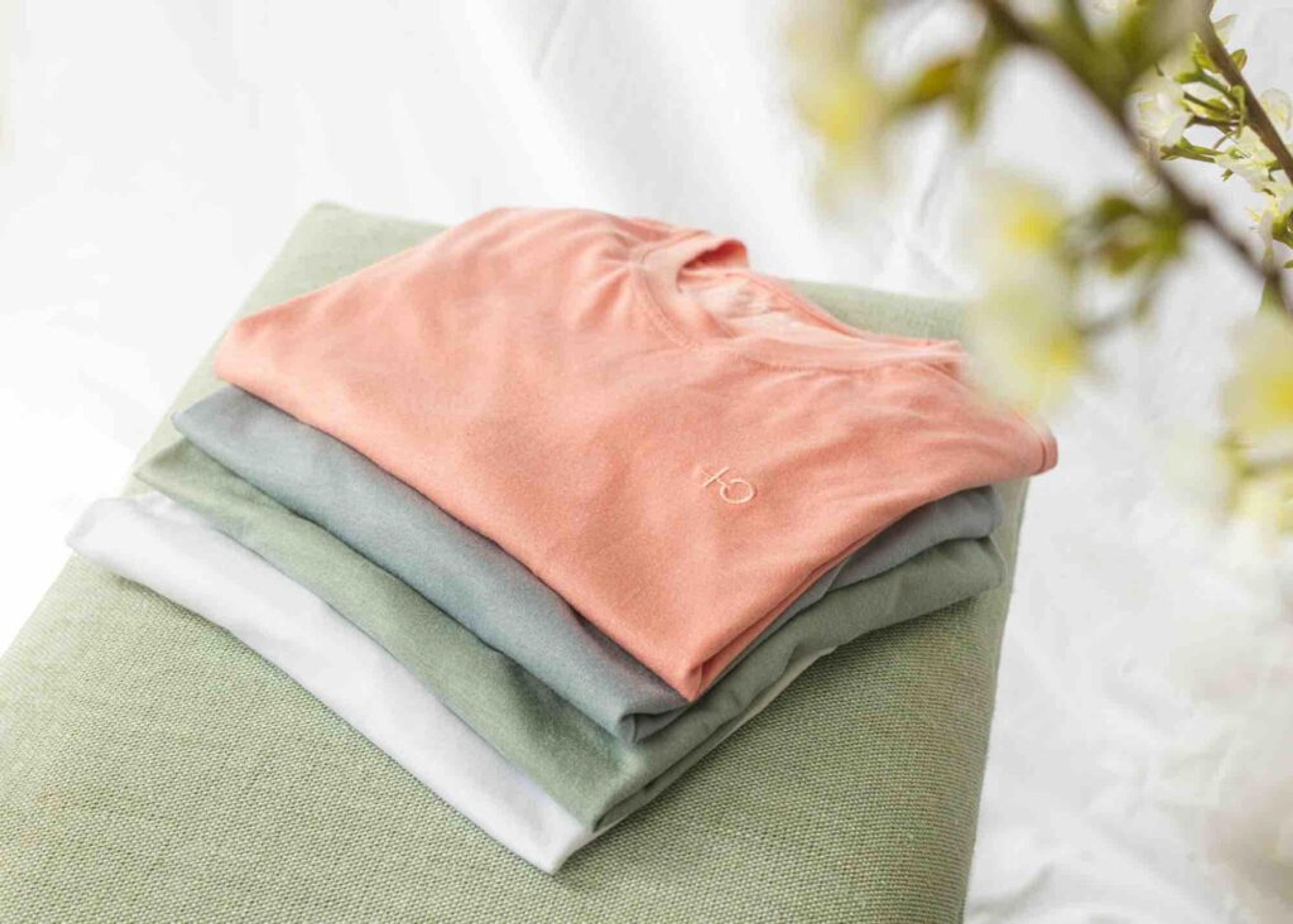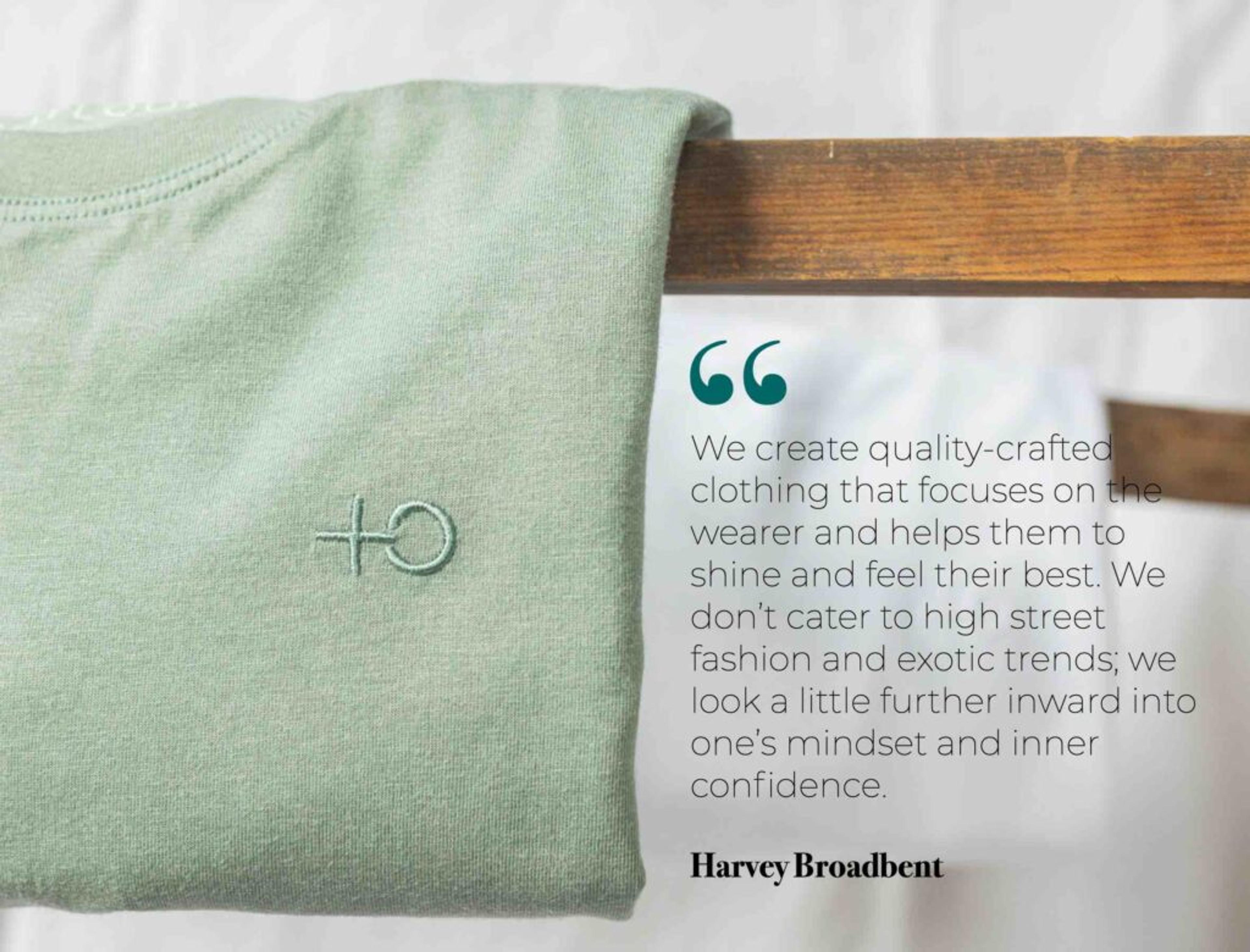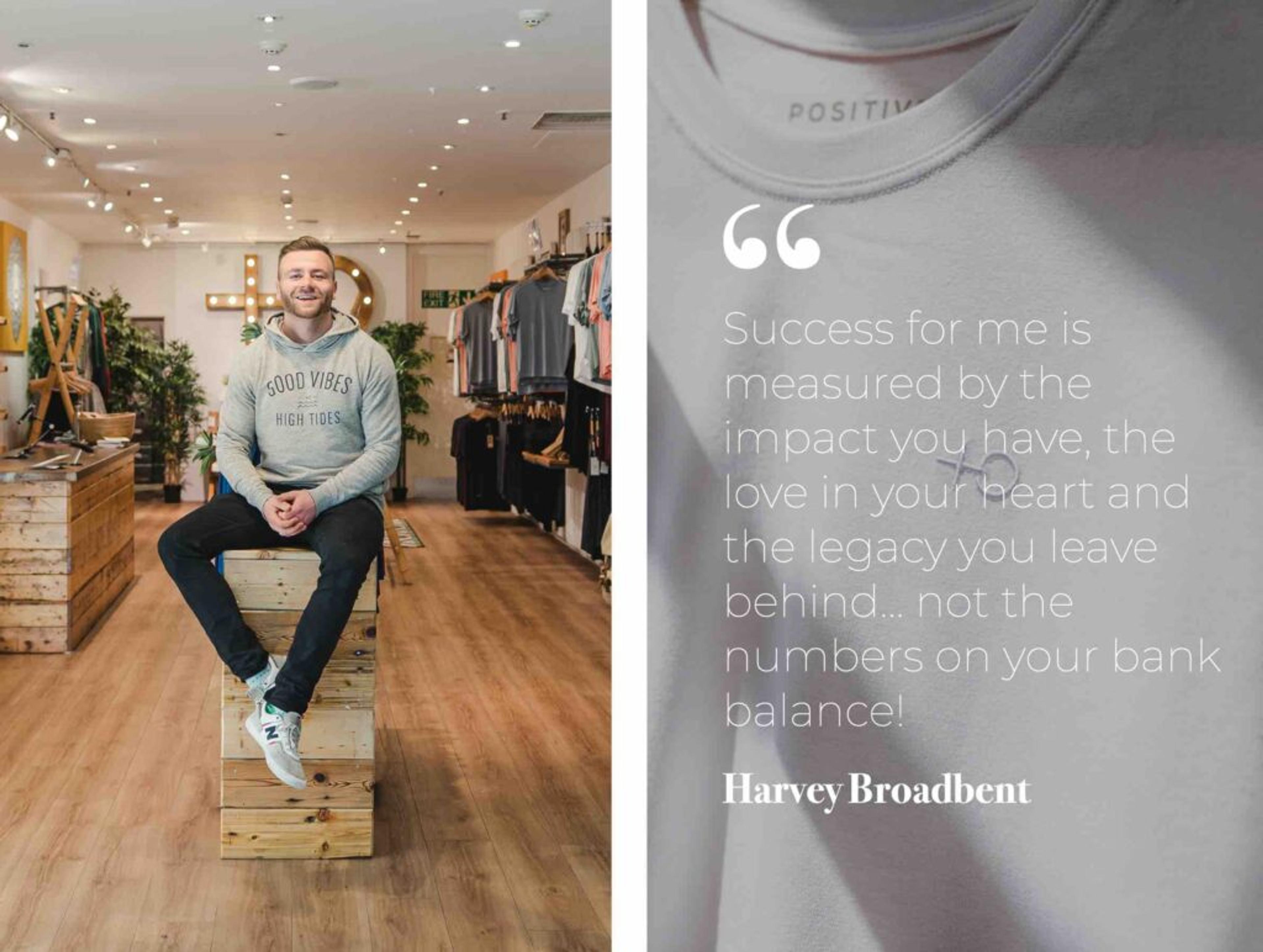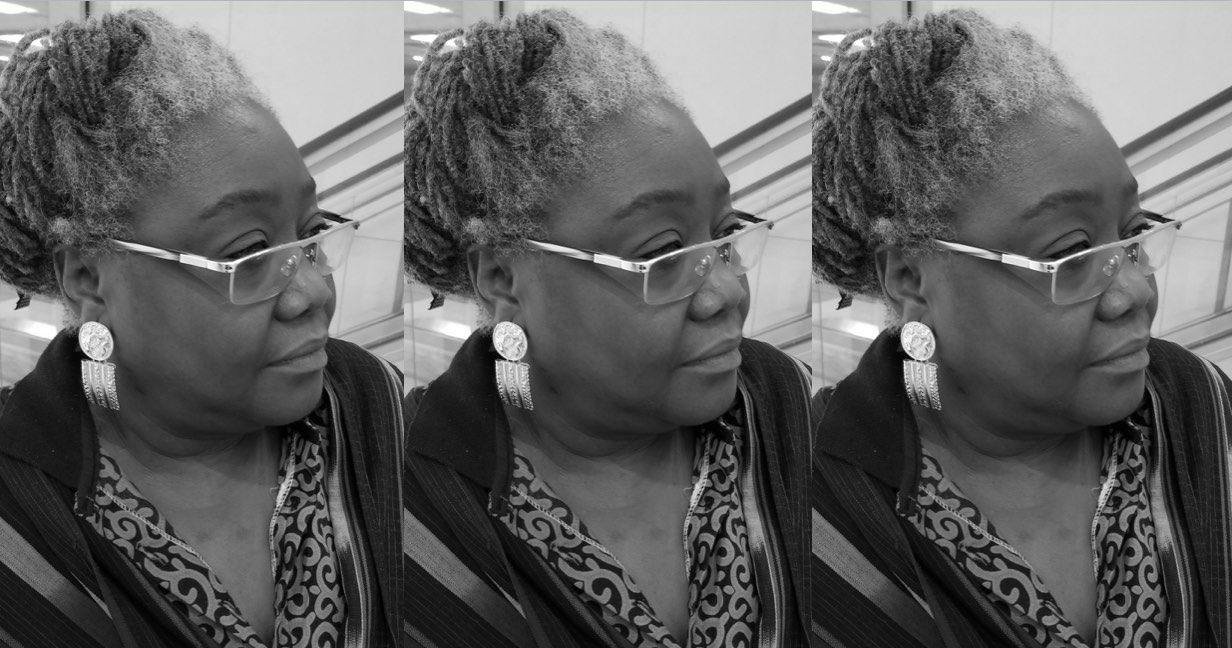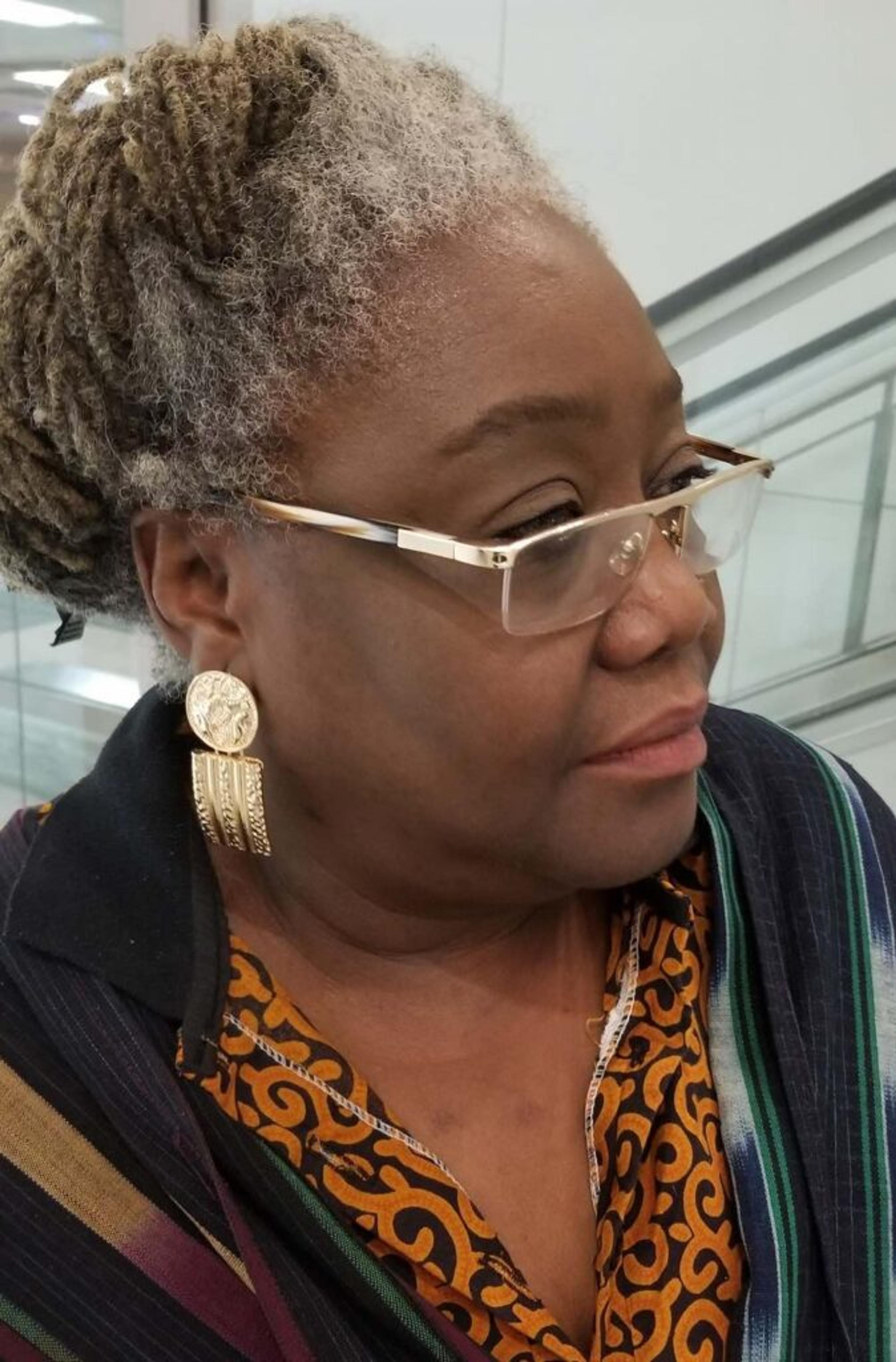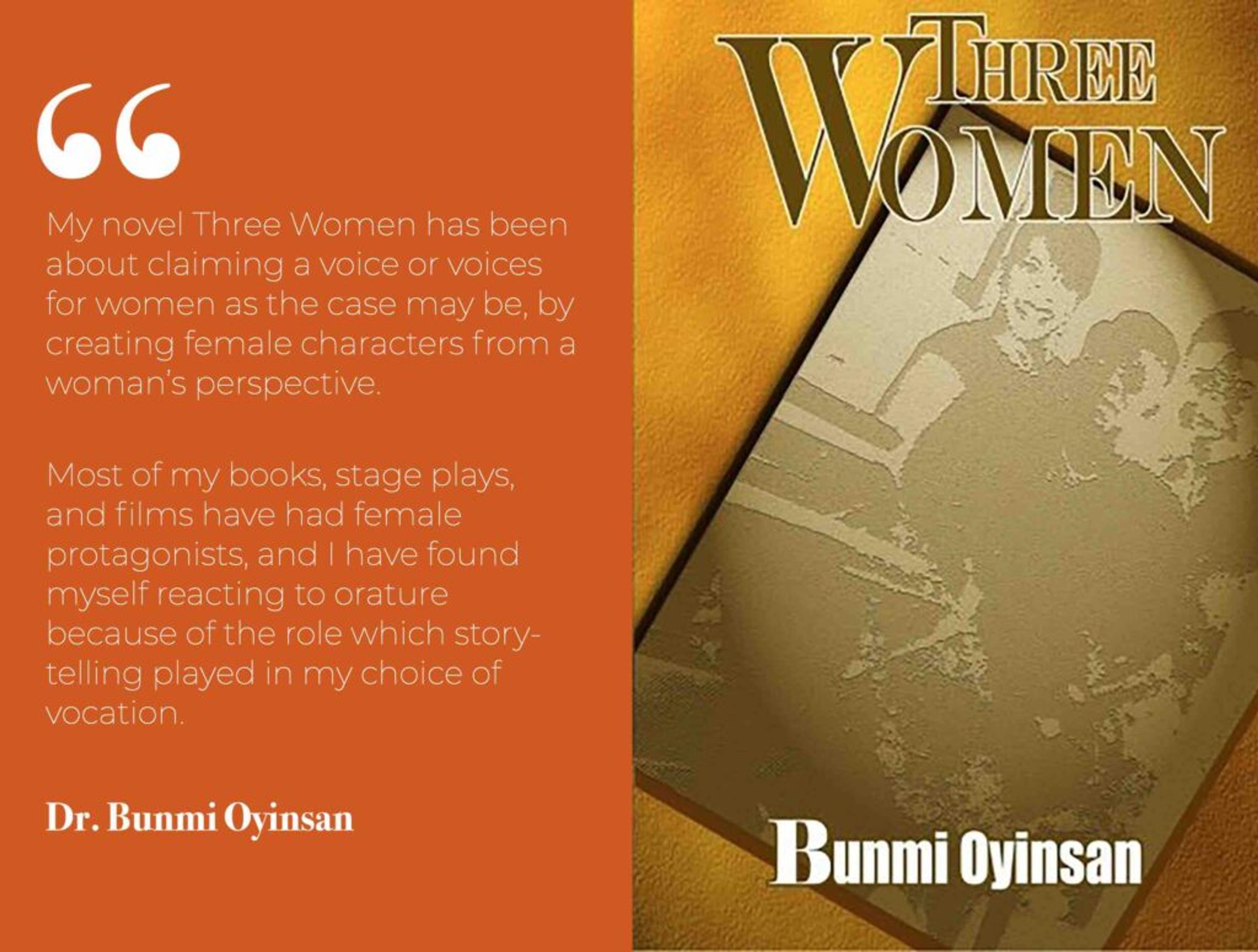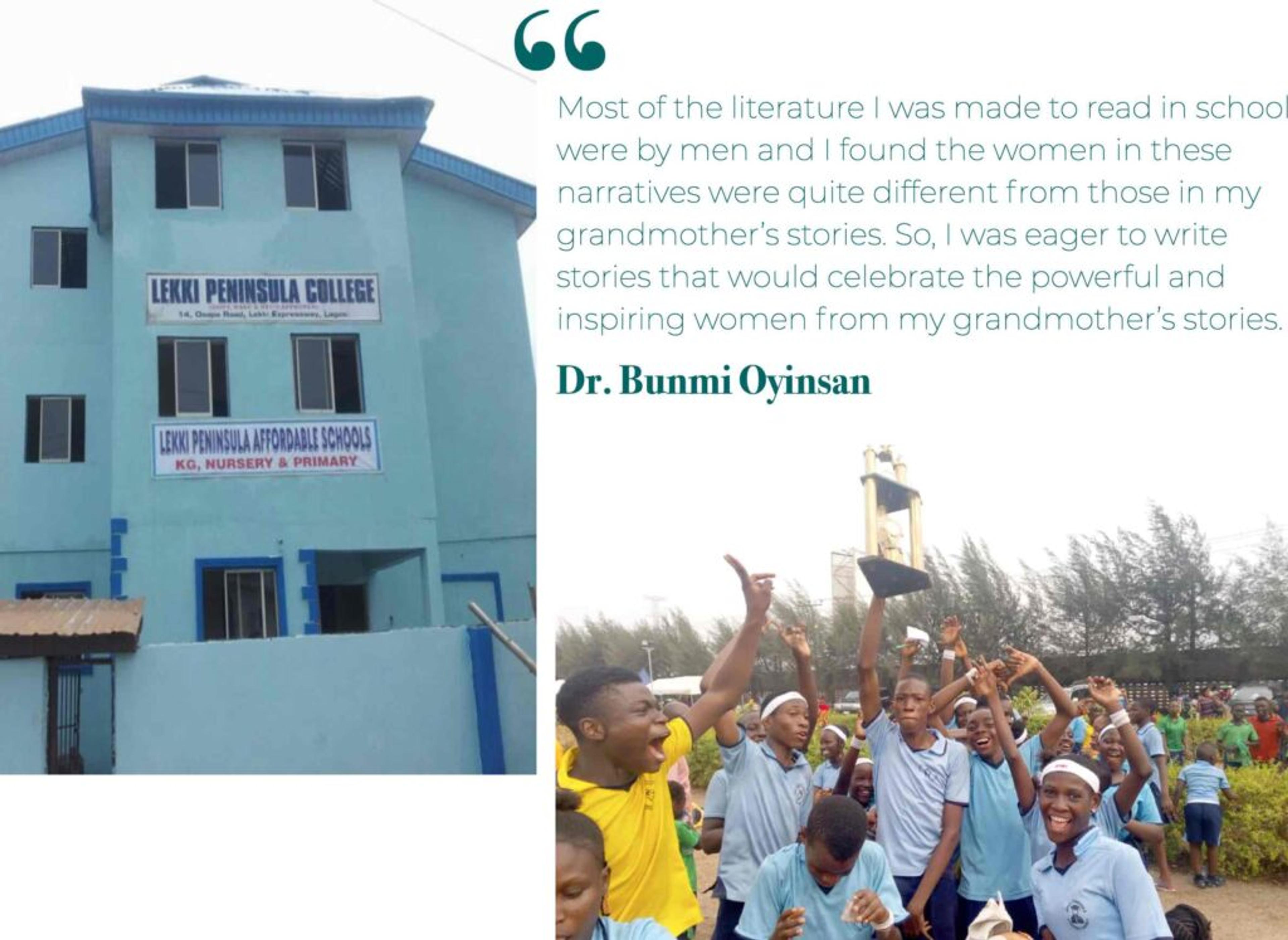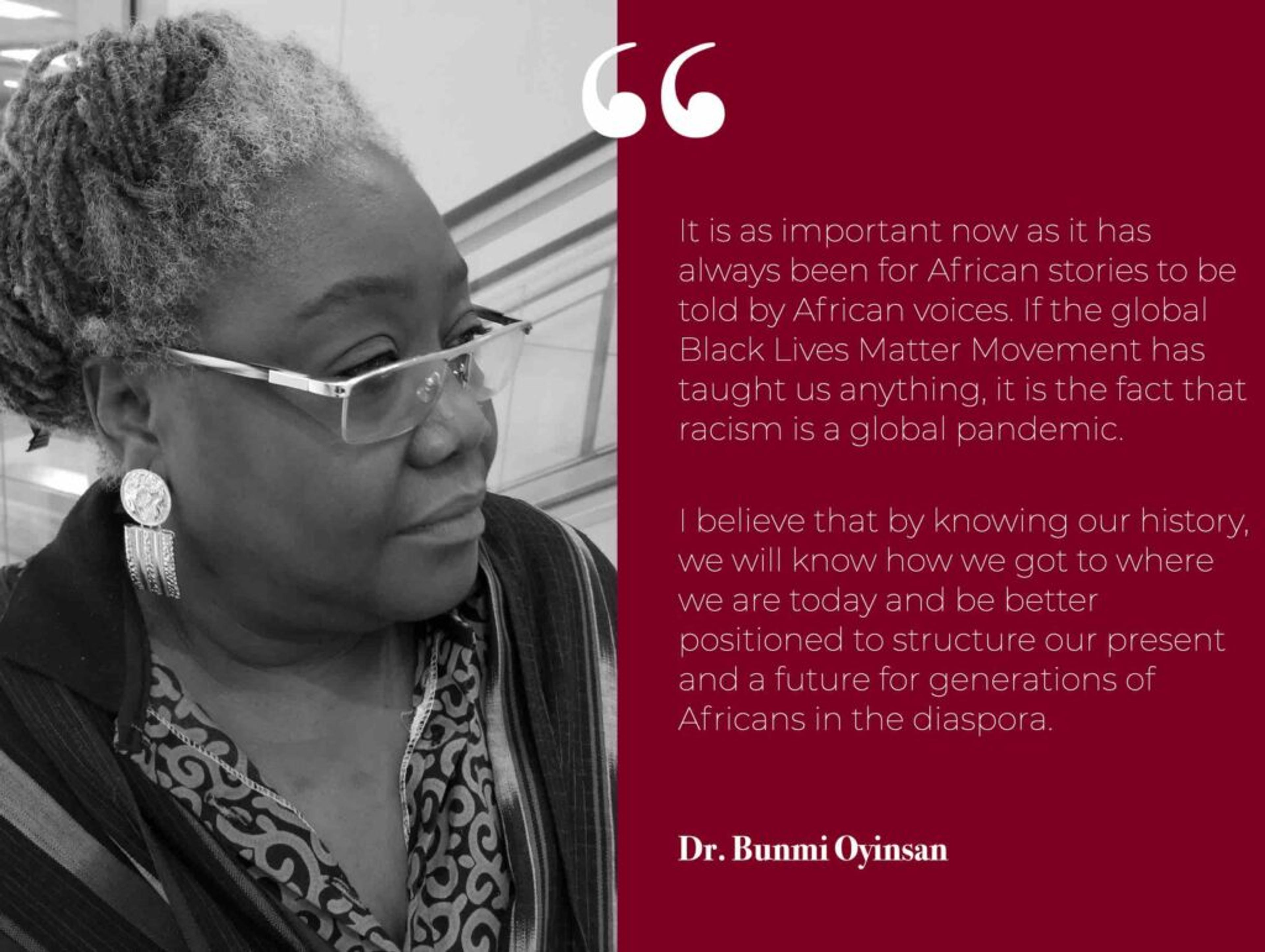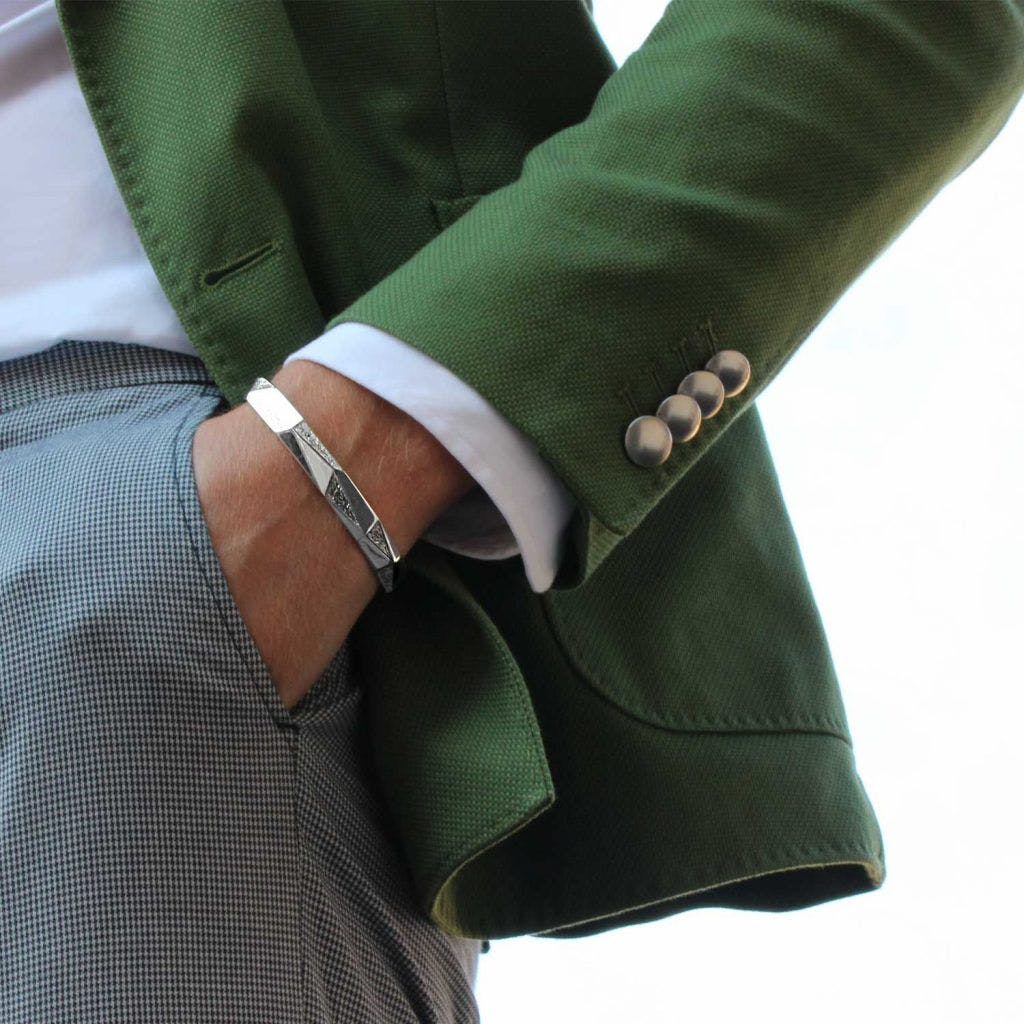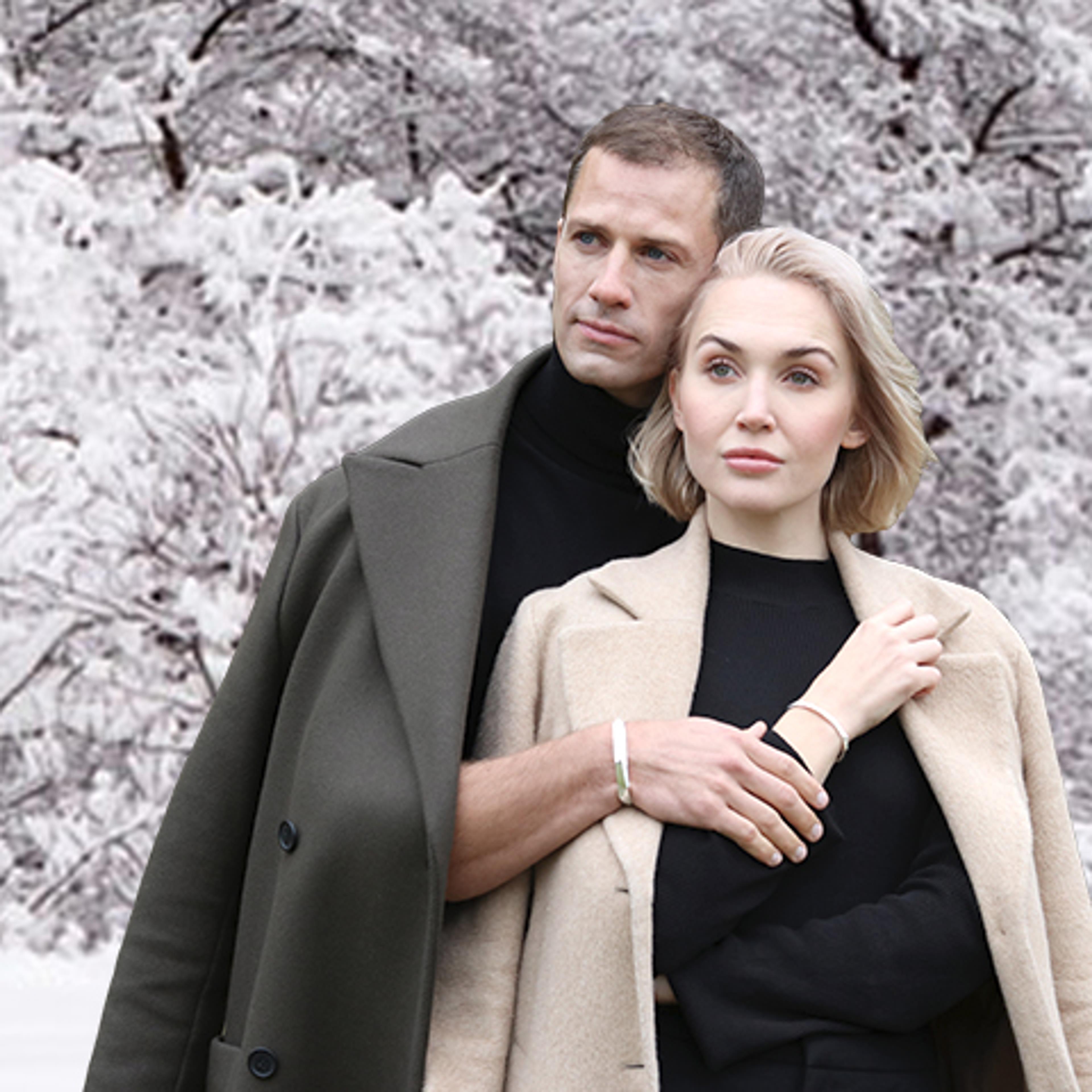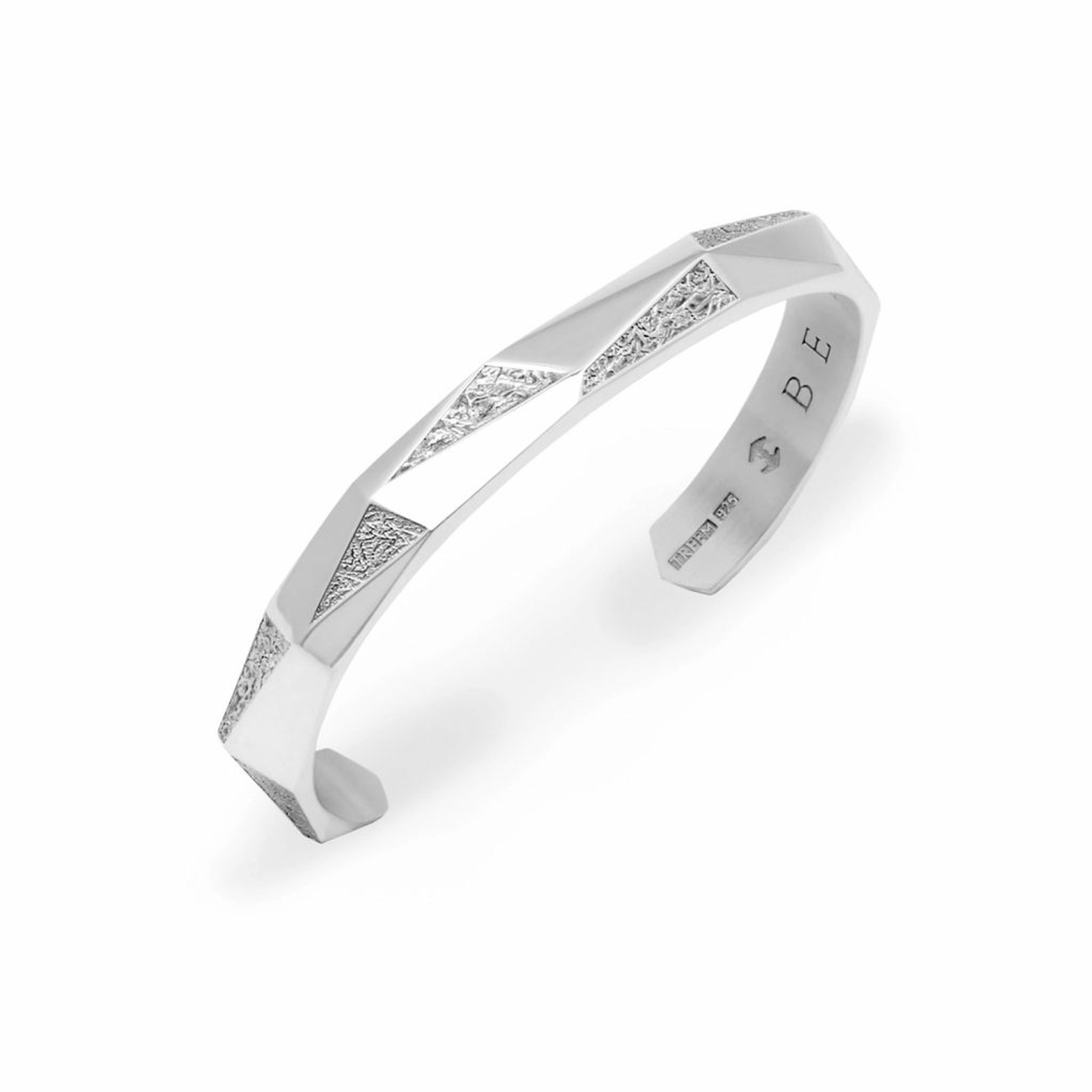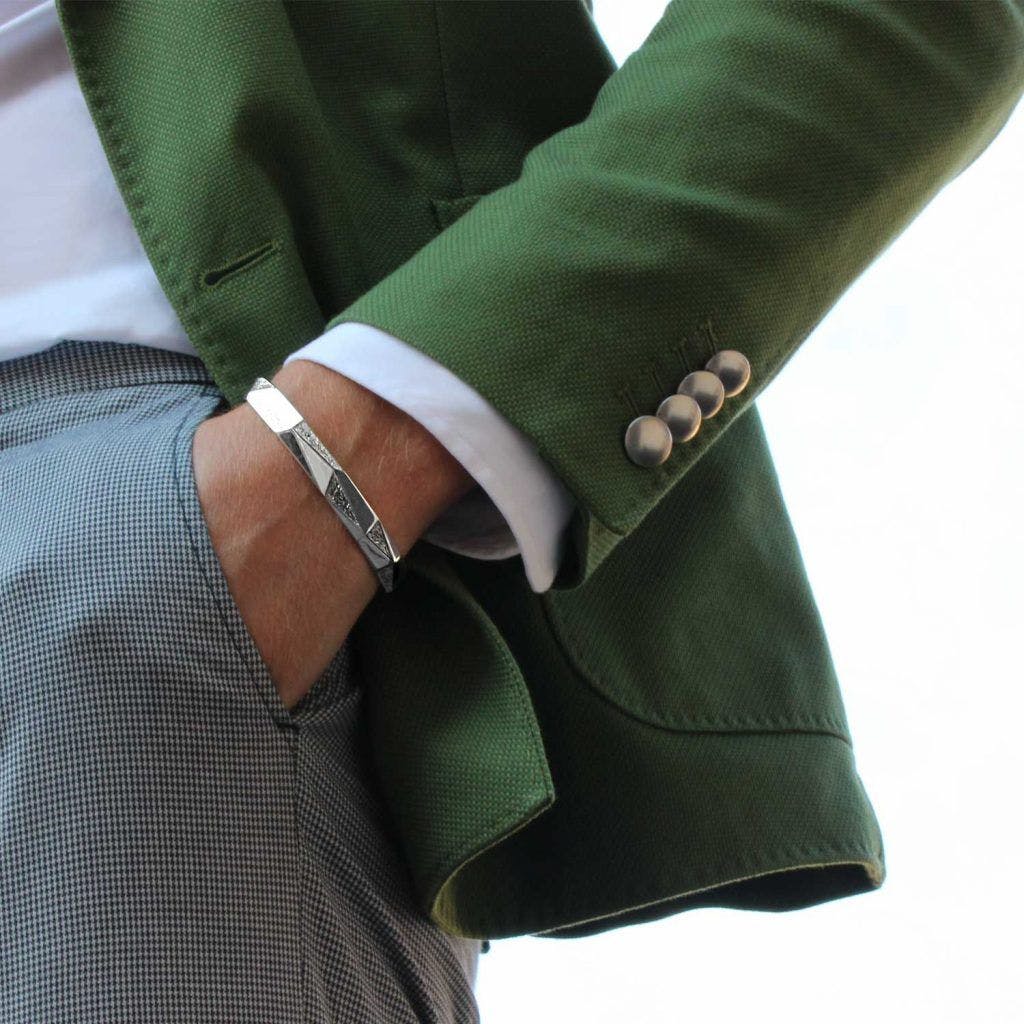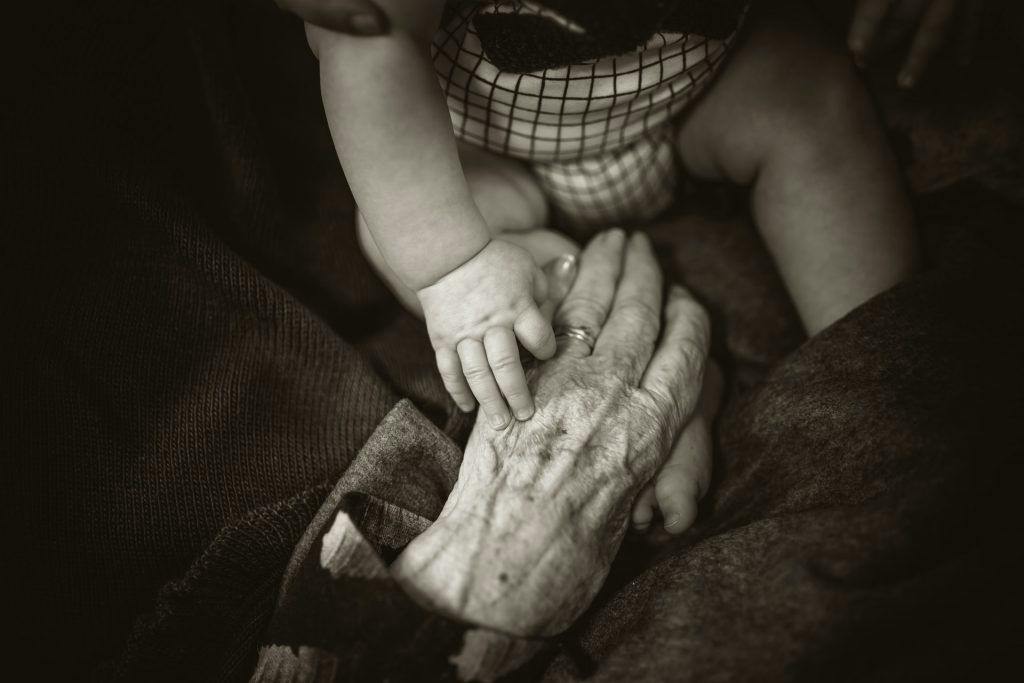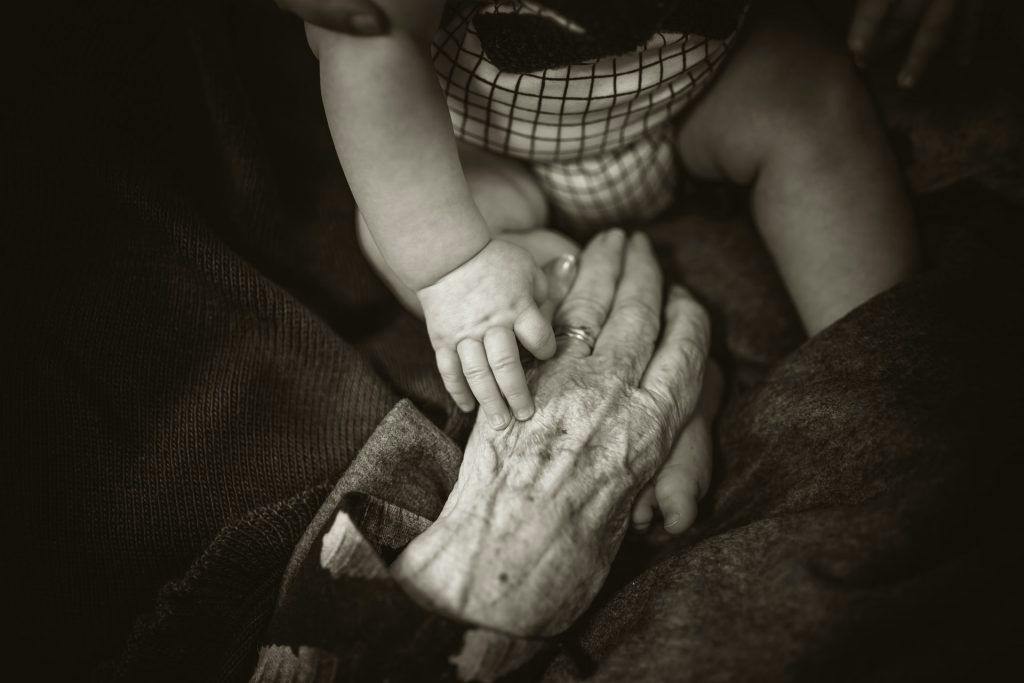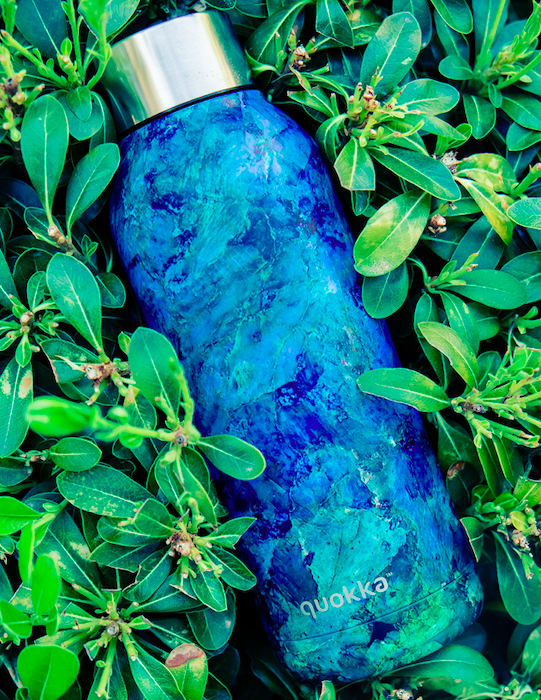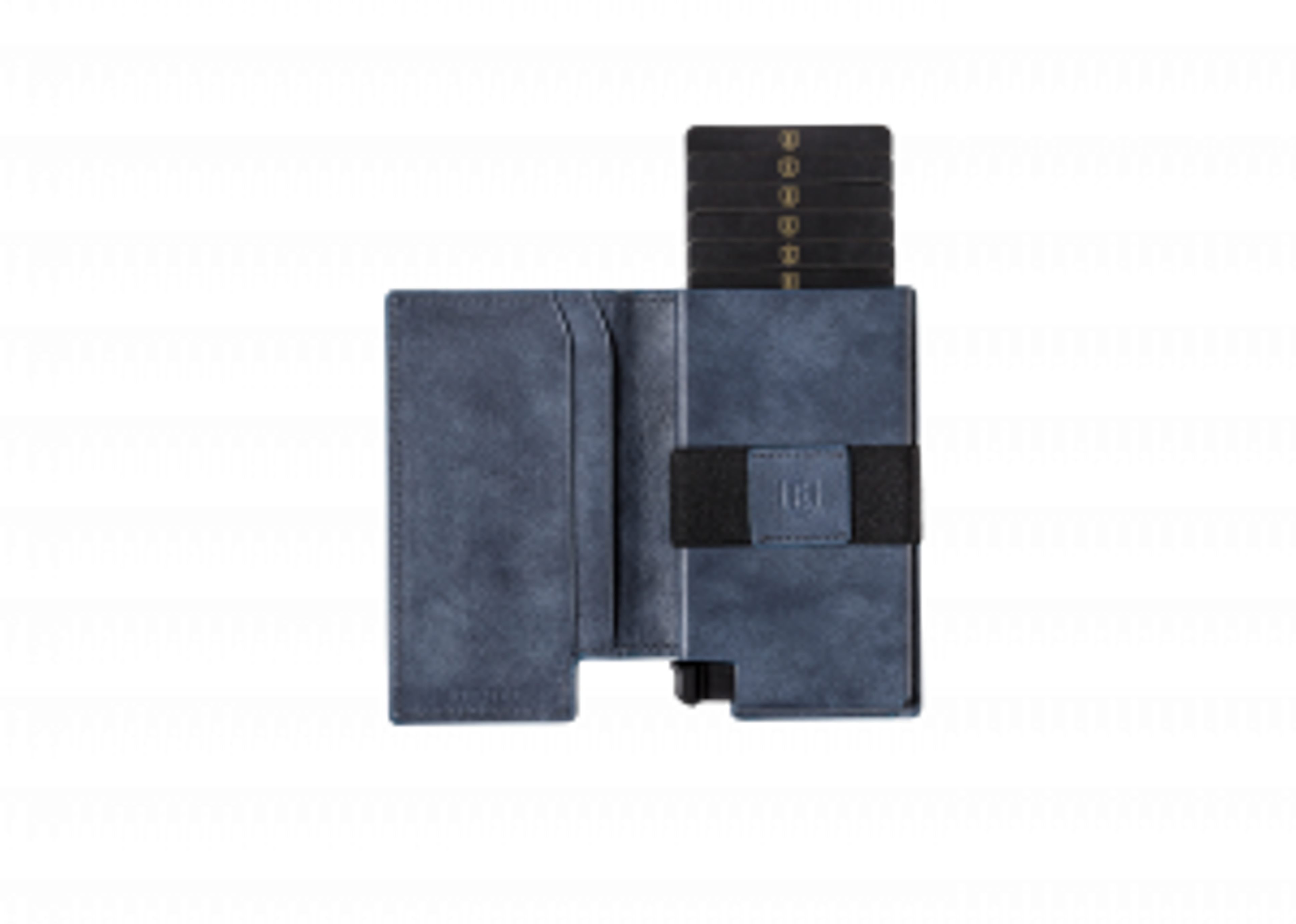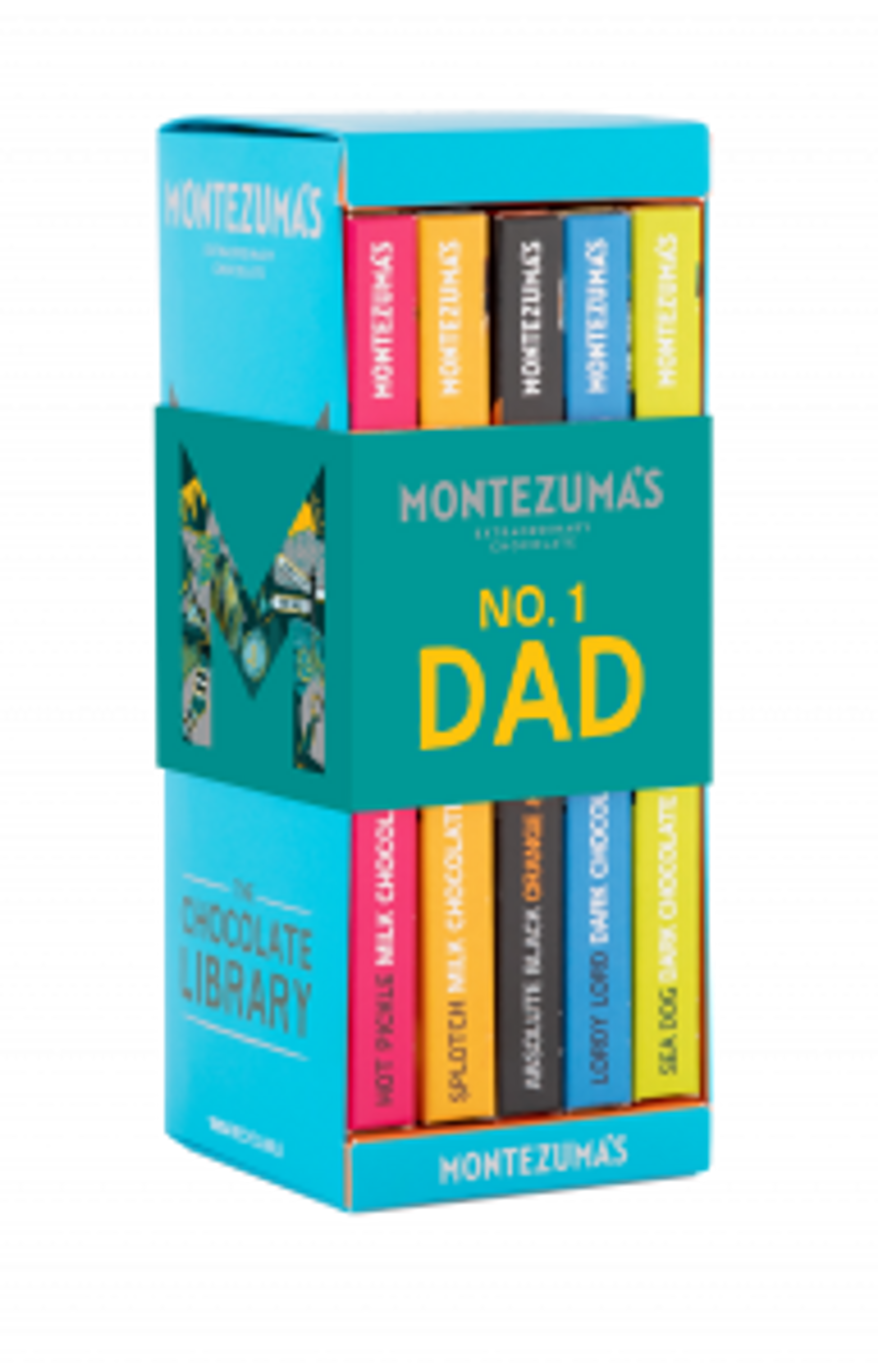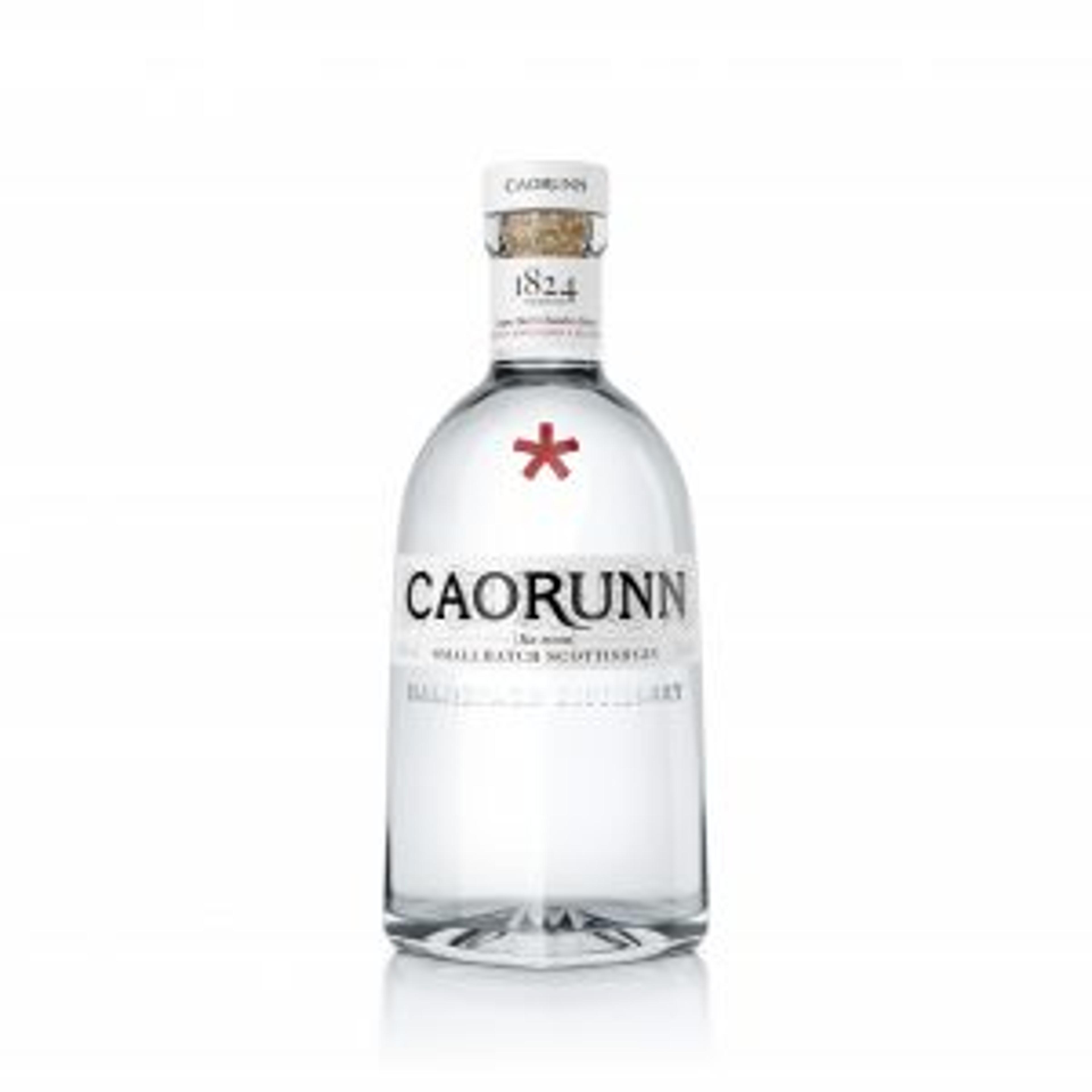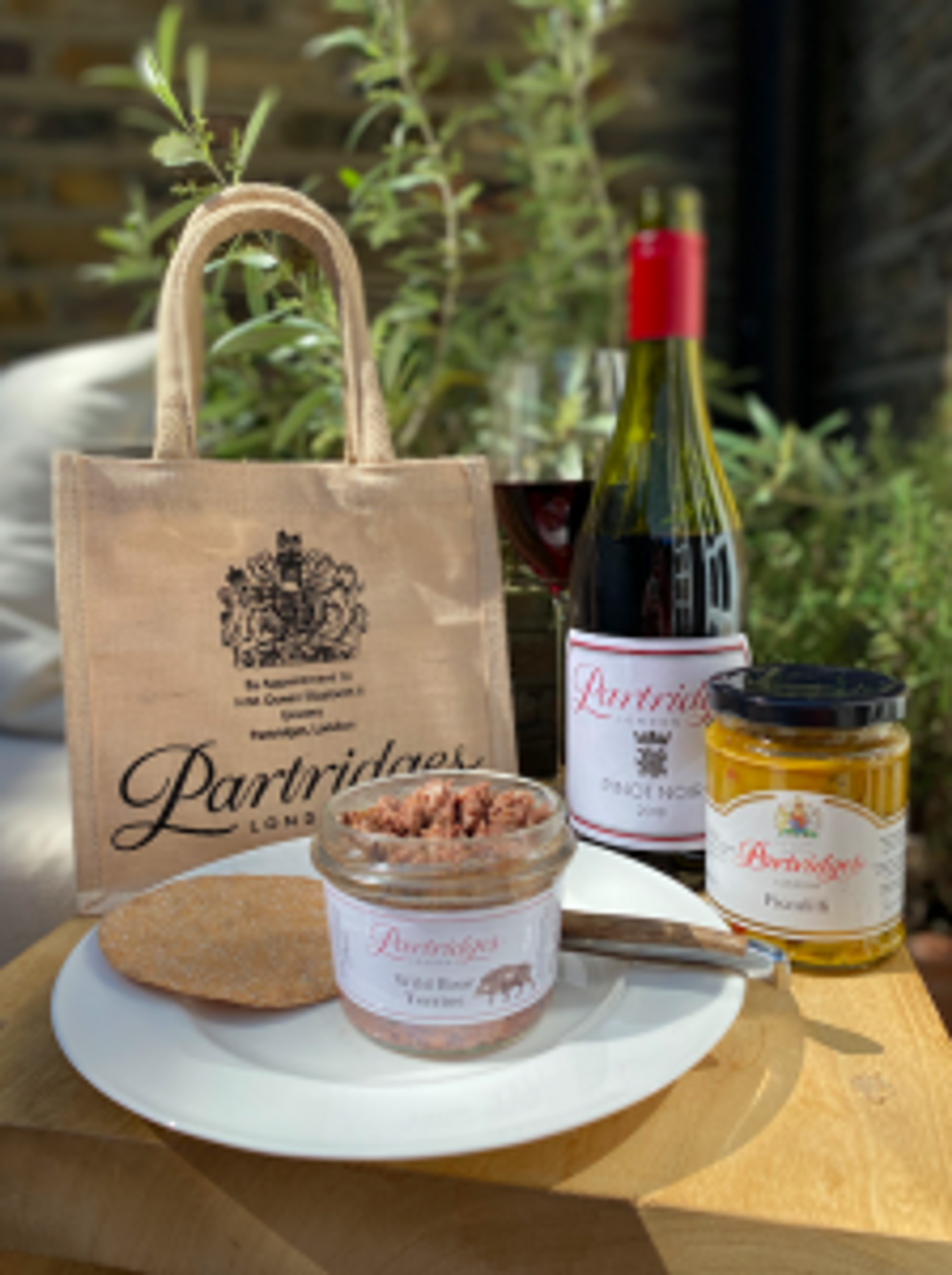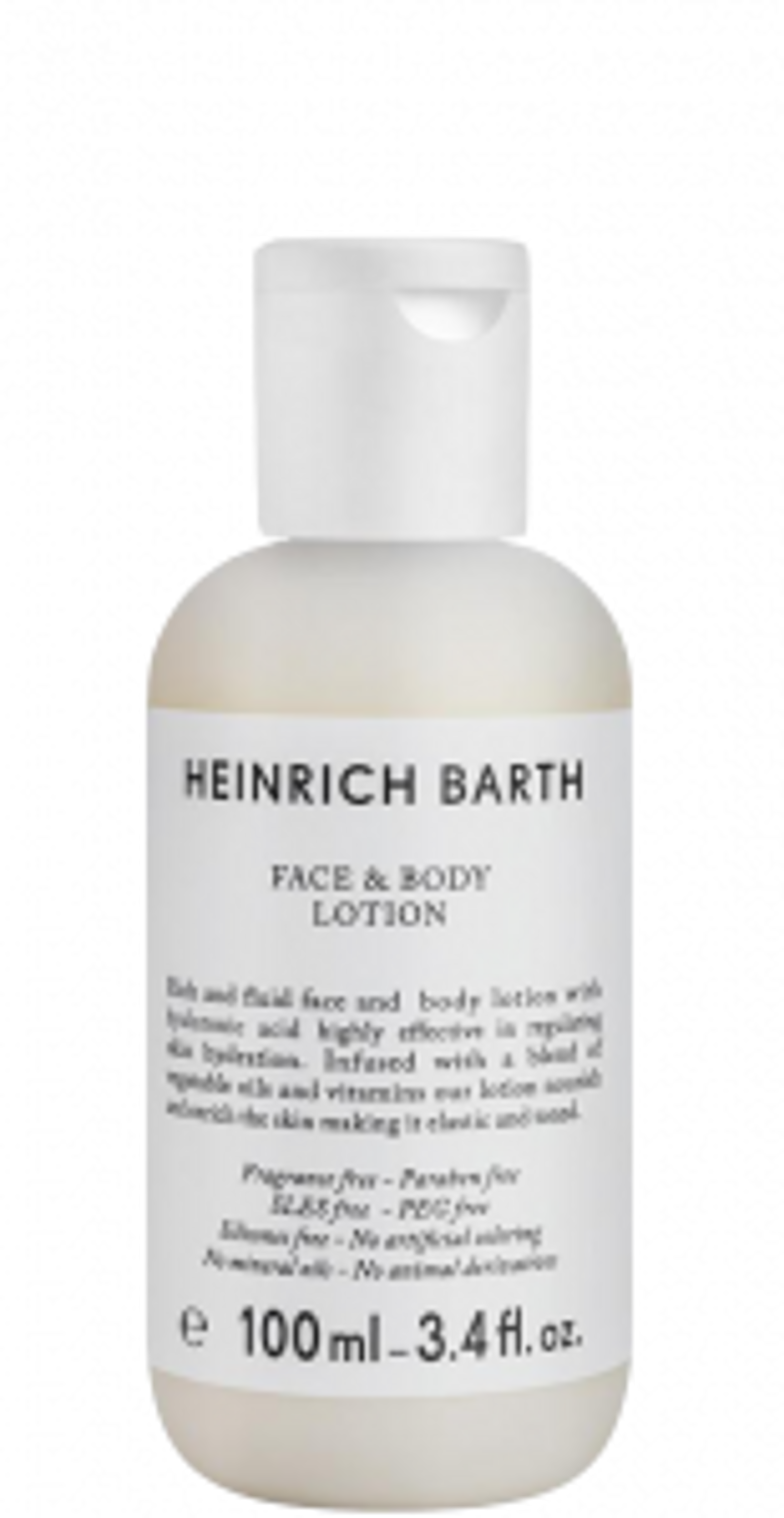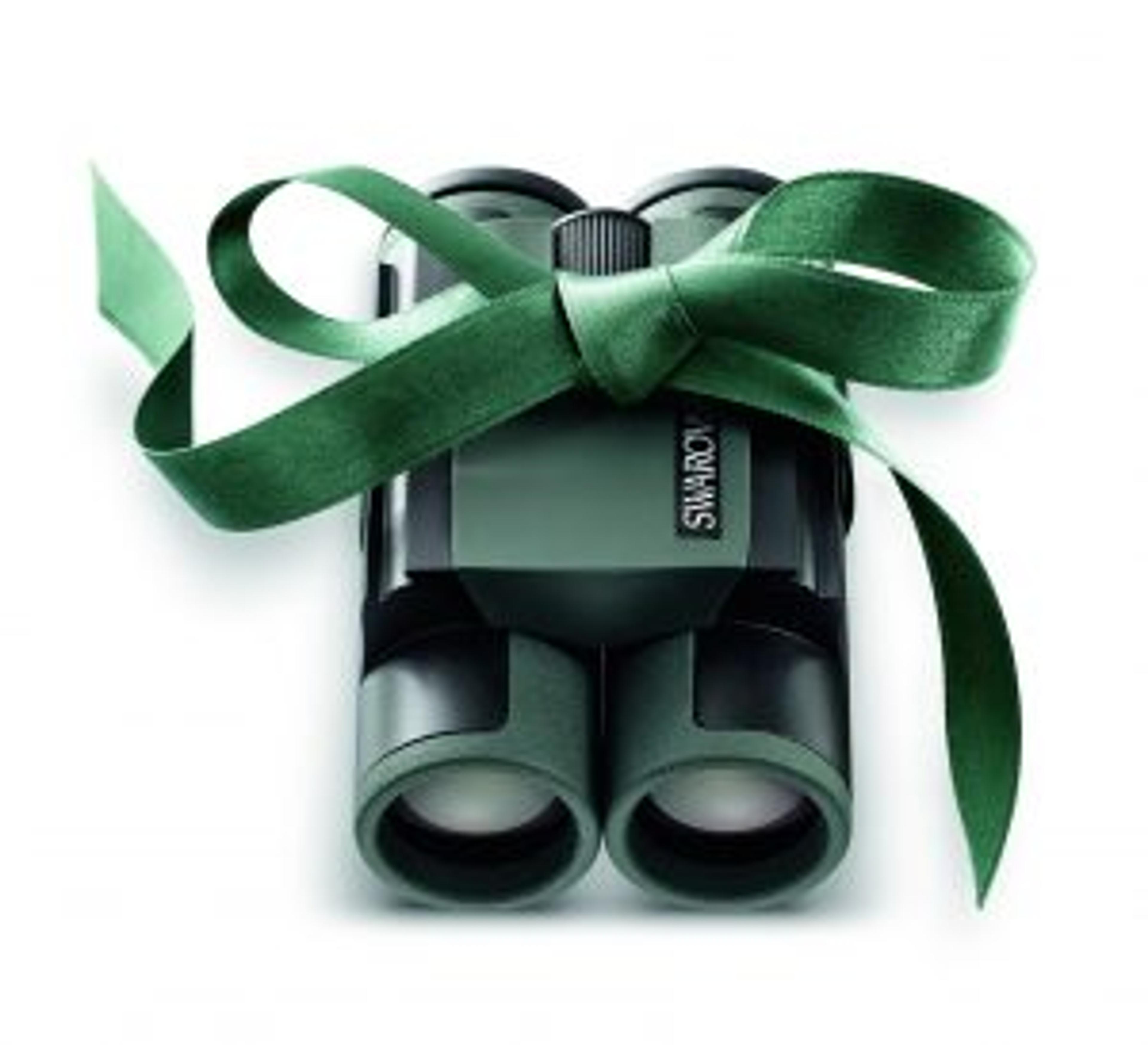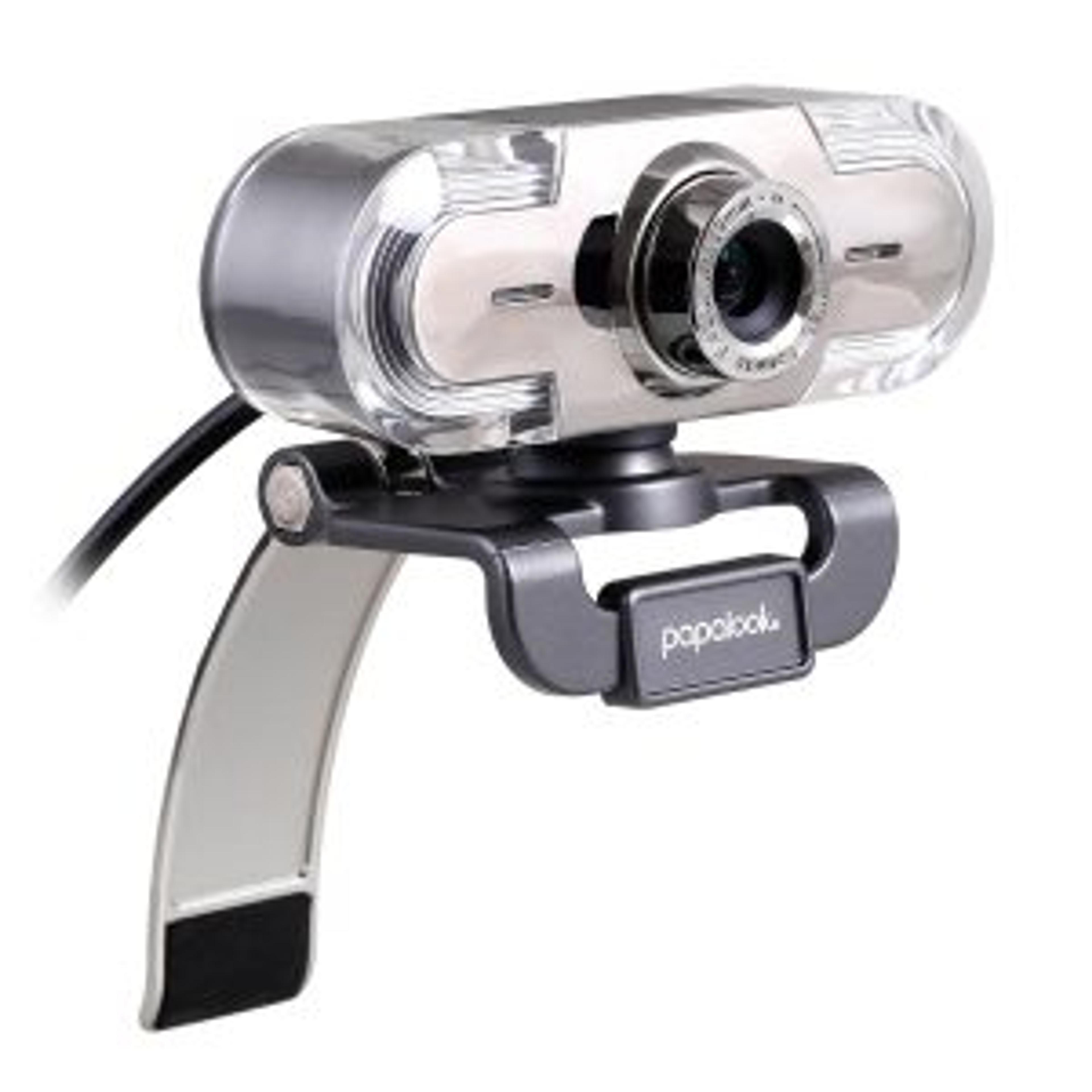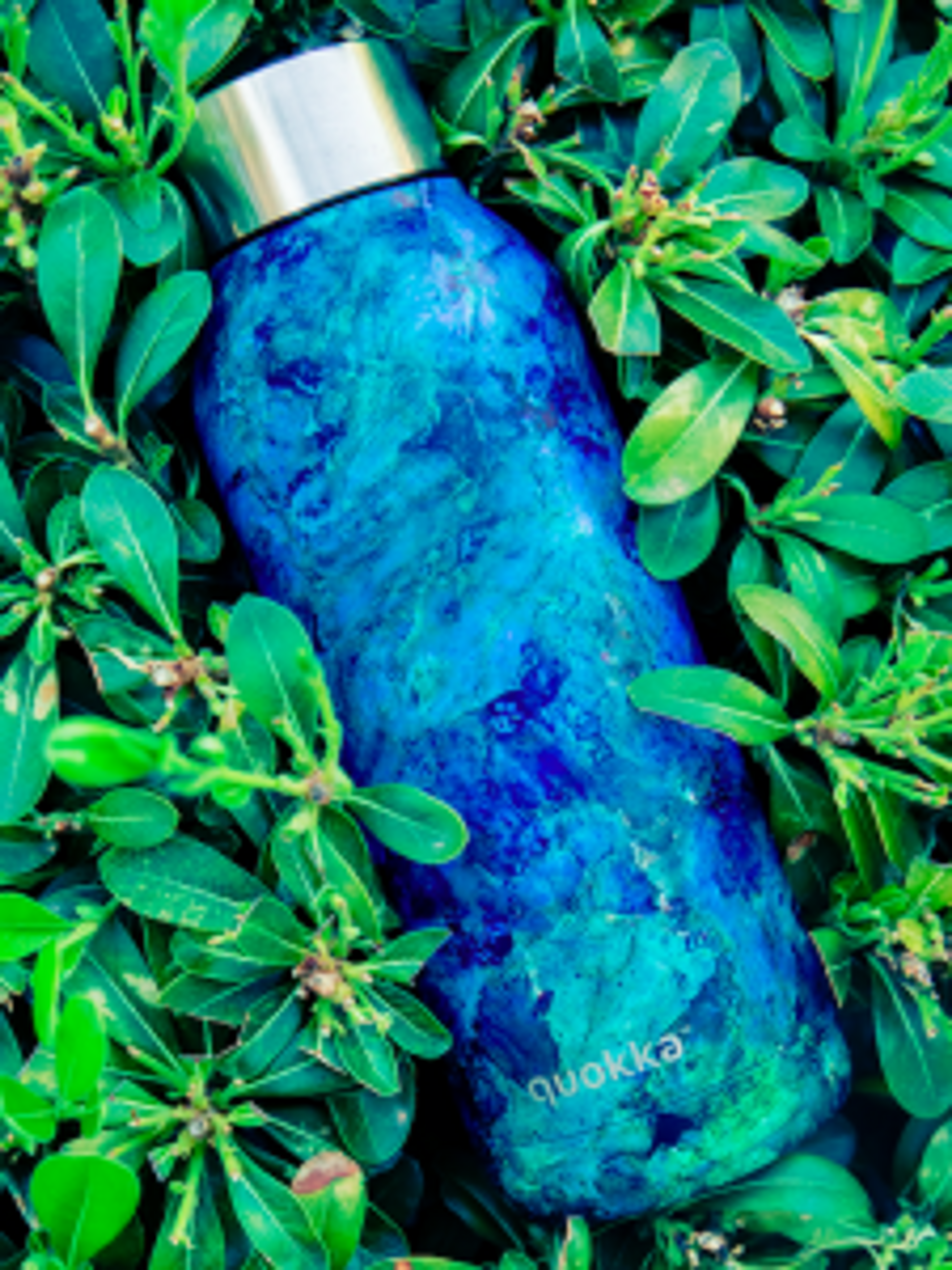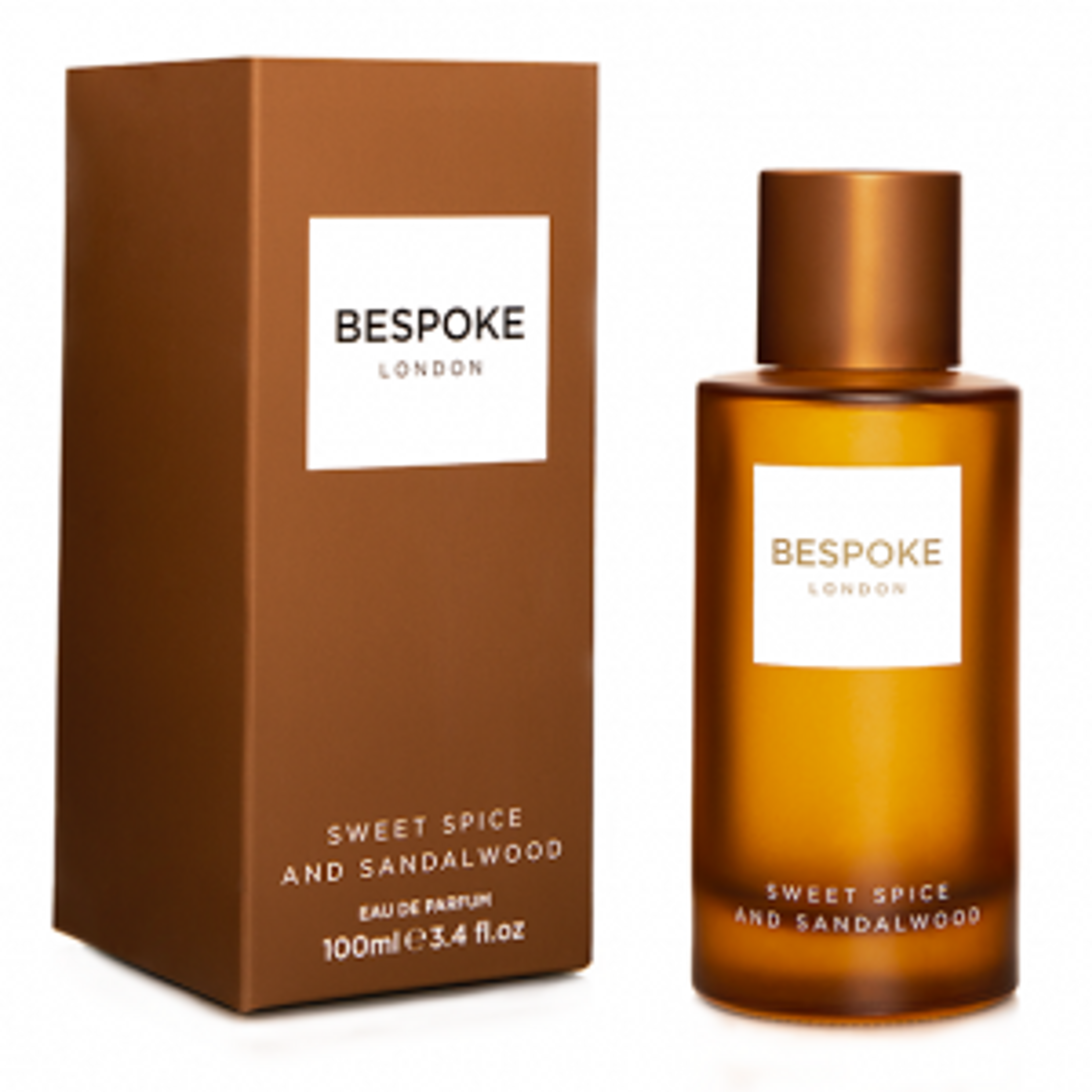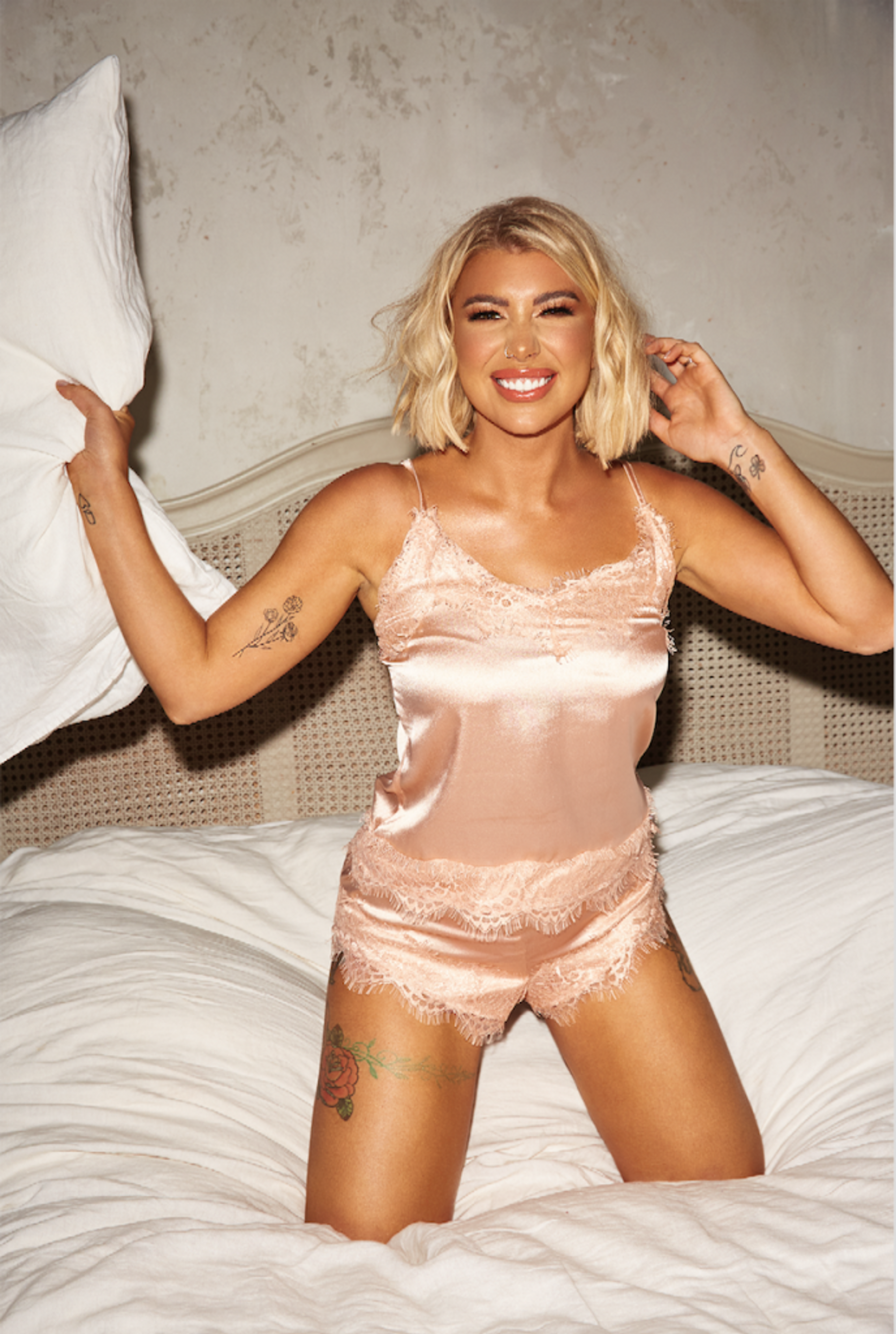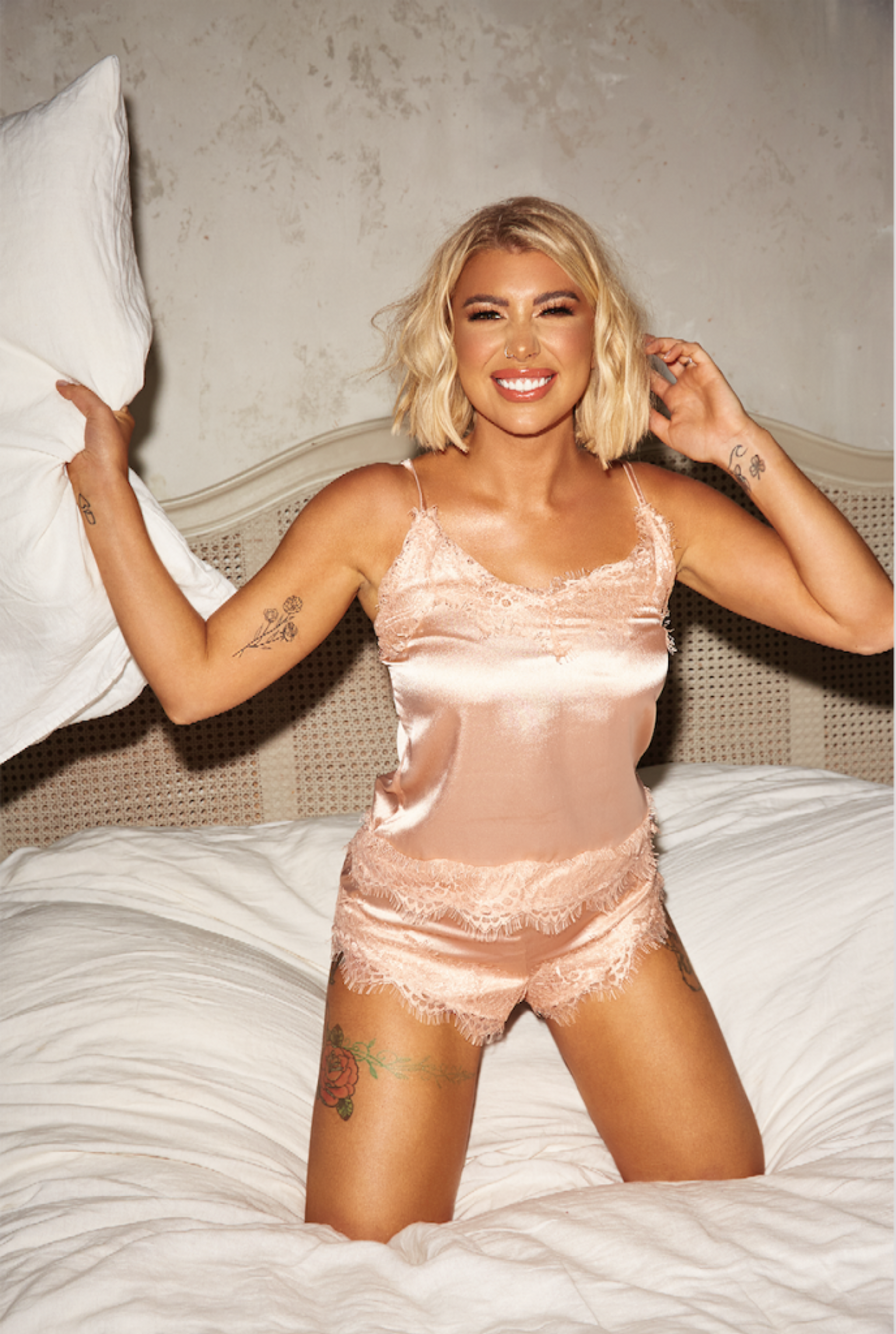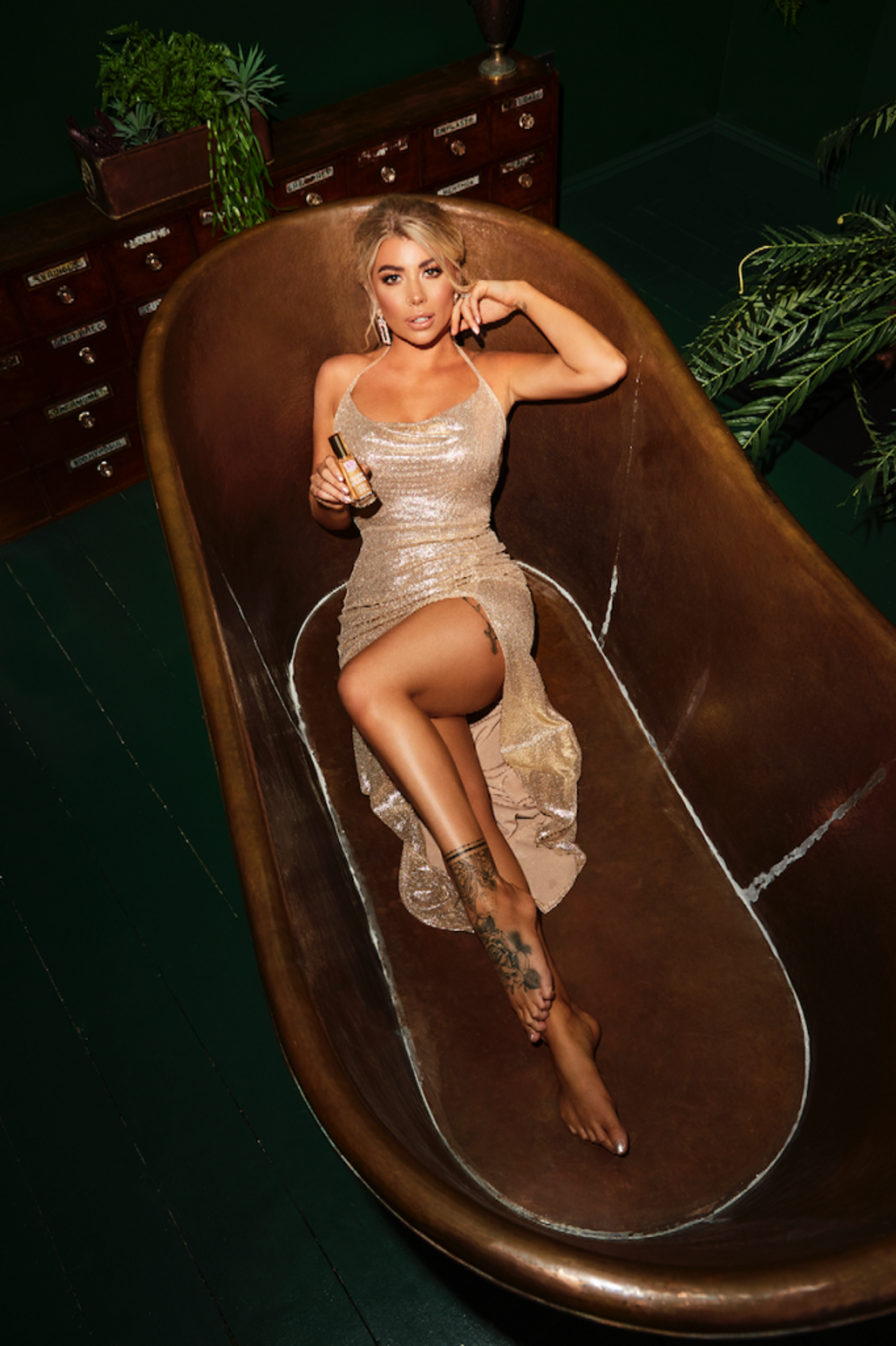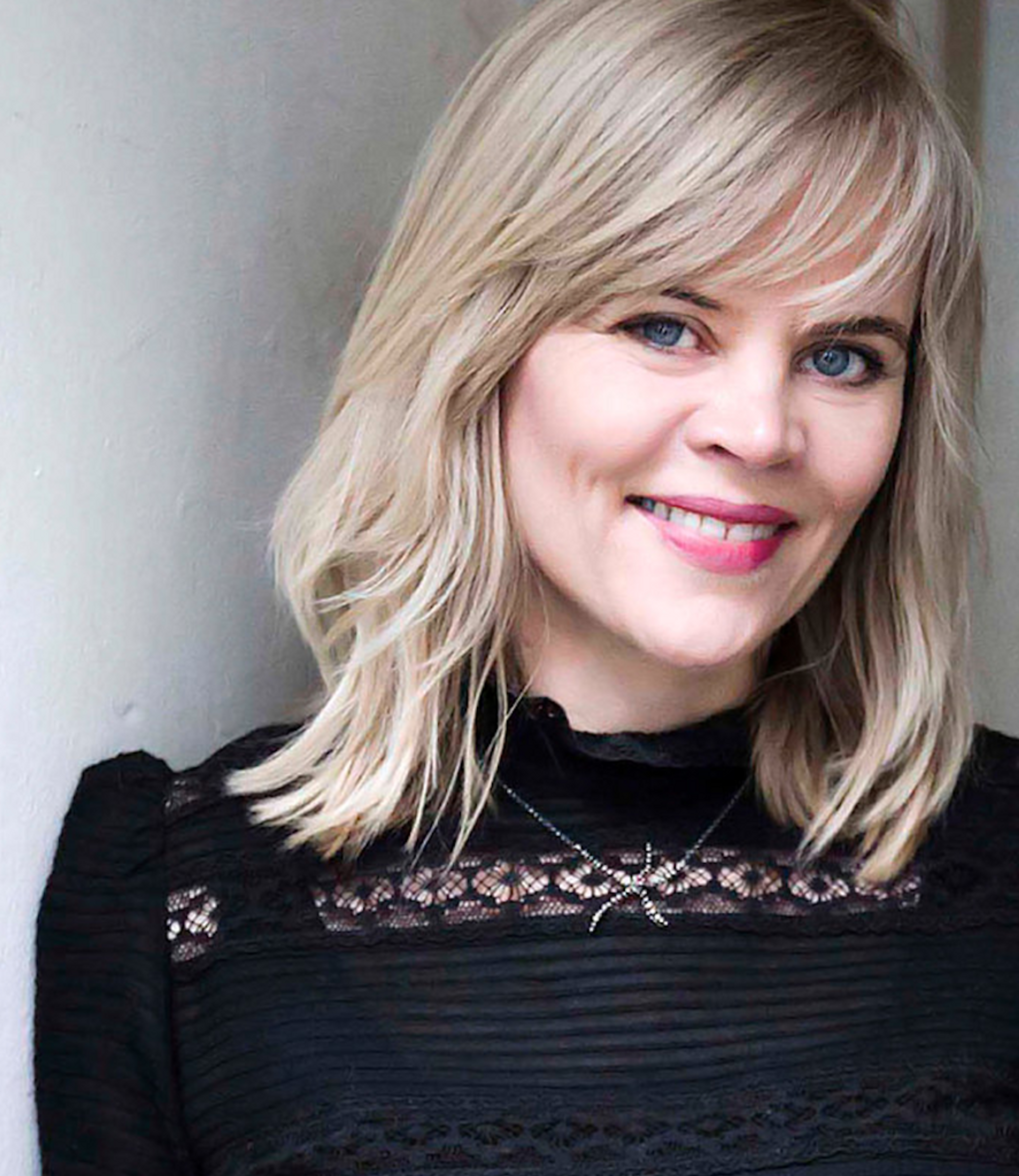
“Aurum by GUÐBJÖRG stands for Ambition, Understanding, Responsibility, Unity, and Mindfulness,” says Founder Guðbjörg Kristín Ingvarsdóttir on the values that define her Icelandic jewellery brand.
With its striking, sculptural jewellery pieces, Aurum breathes sustainability and takes inspiration from the ethereal beauty of Iceland’s natural landscapes. It is also the expression of Guðbjörg’s own passion, creativity and genuine commitment to the earth.
In this Women Worldwide interview, Team Coco sits down with Guðbjörg to talk about her love for jewellery, how Aurum is promoting environmental and ethical sustainability across all areas of its business, and how Aurum serves as a platform to showcase the beauty of Icelandic culture to the world.
“To be an innovator and a designer is to be constantly growing and learning and to be patient. It’s important to be passionate about the job, to be industrious, to successfully execute ideas, and to learn by doing. Work hard, make original work and be patient.”
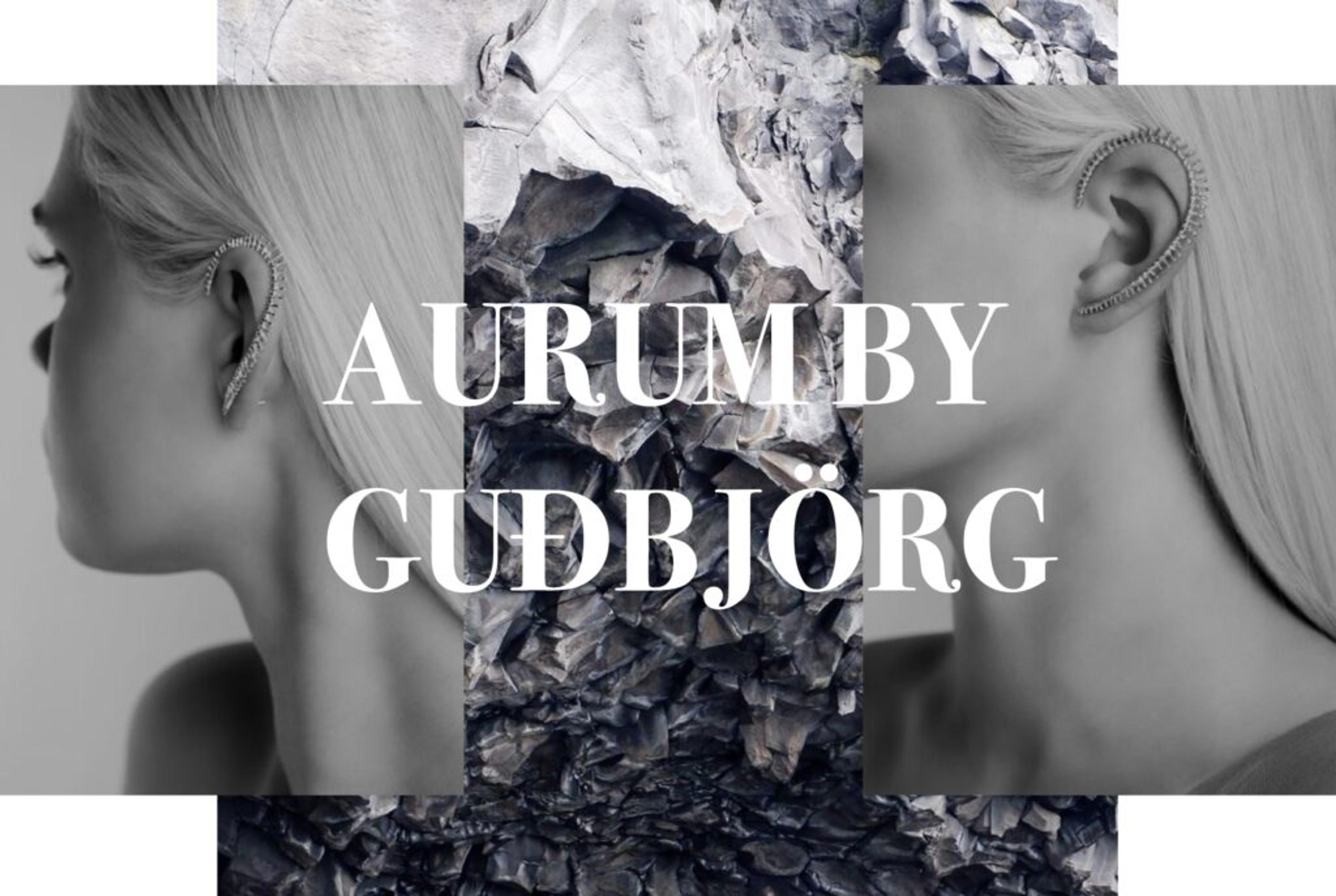
Tell us a little bit about yourself and background. What made you fall in love with jewellery?
I finished my goldsmith and jewellery design education in Copenhagen, Denmark in 1996. Between 1996 to 1999, I opened a studio in Copenhagen and worked on my first 2 collections Isold and Heida. I moved back to Iceland in 1999 and launched Aurum the same year.
I fell in love with jewellery making after I spent a year in high school on Bainbridge Island in the US. I took a jewellery class at school, and I had a Norwegian teacher, who was an amazing woman who had a big influence on me. When I came back to Iceland after spending a year abroad, all I wanted to be was a goldsmith.
What does Aurum stand for? How does this philosophy inform the way you approach your business?
Aurum stands for Ambition, Understanding, Responsibility, Unity and Mindfulness. Aurum puts great emphasis on that ambition through our design, product development, quality, and customer care. We show that we understand the needs of our clients and customers with respect and empathy and that we are helpful and flexible.
We show responsibility across the business by developing a positive and respectable working environment that encourages collaboration and cooperation between employees. Aurum sources materials from certified fair-trade companies and provides environmentally friendly packaging for our clients and customers.
Aurum displays unity with our community by supporting charities with short and long-term projects, and then donating all profits from those projects to selected causes. Aurum is an equal-opportunity company and encourages a mindfulness and prejudice-free environment where everyone has a voice.
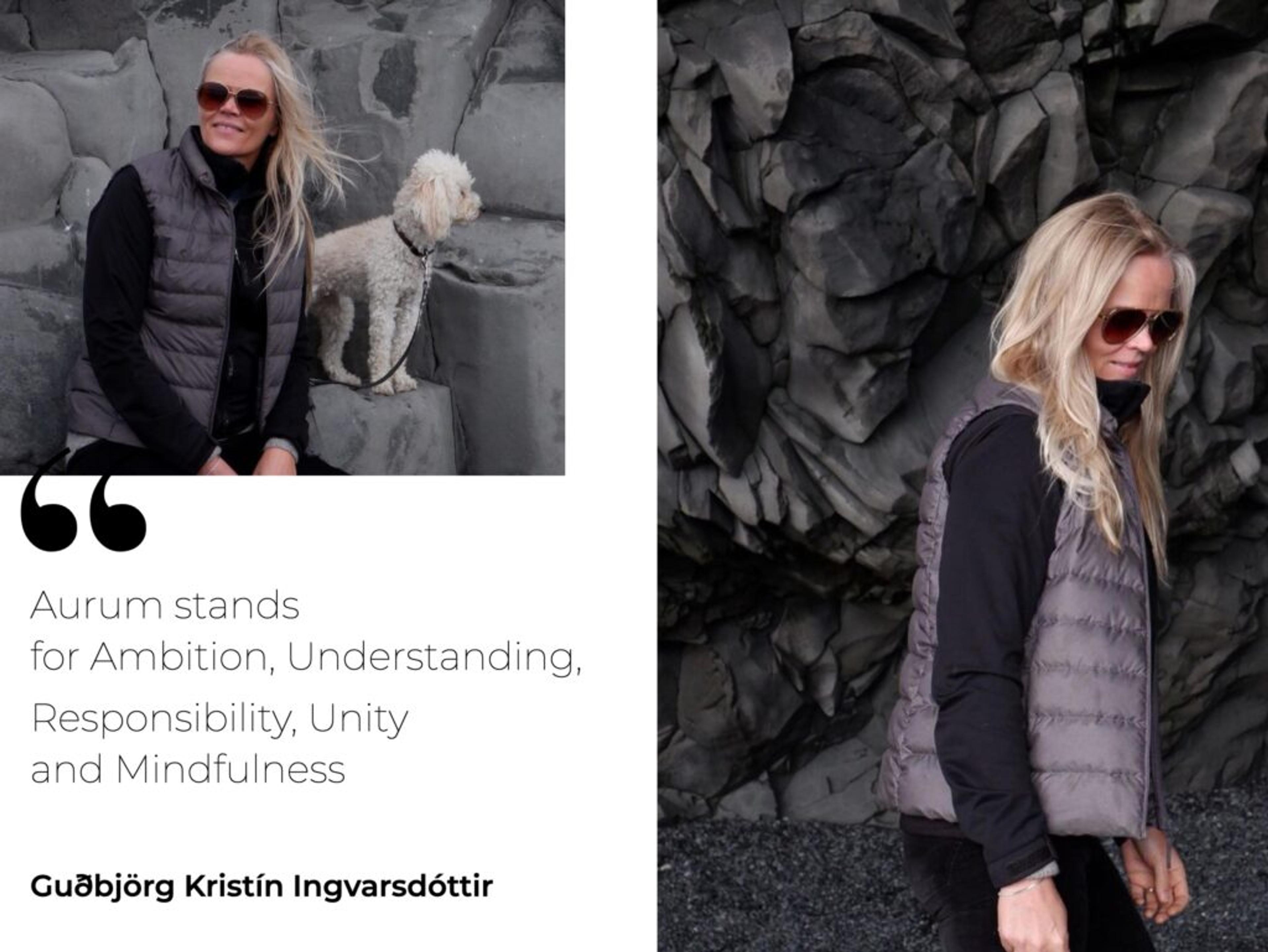
How important is sustainability to you and Aurum?
We want our customers to be confident that they are dealing with a company that continues to reduce its carbon footprint in all aspects of its production.
Sustainability is at the heart of our brand values. For example, we only use recycled gold and silver, which is something we have been doing for the past 16 years. We only use lab-grown diamonds offered by members of the Responsible Jewellery Council.
We also package our jewellery in sustainable mulberry tree paper, which is made without cutting down any trees; and finally, we offset our carbon emissions by planting trees, via our partnership with UK-based non-profit TreeSisters.
Being eco-friendly is but one aspect of our corporate social responsibility policies. We have permanent and campaign-based collaborations with several non-profit partners.
Where does the inspiration for your unique packaging come from?
Our very special packaging is modelled on Icelandic stones which I discovered on an Icelandic beach in West Iceland. They are made out of ‘Saa Oaoer’ or Mulberry Paper which is the best fibre of the Mulberry tree. Collecting the fibre doesn’t interfere with the ecosystem as not a single tree has to be cut down. Only the leaves are harvested while the tree continues growing.
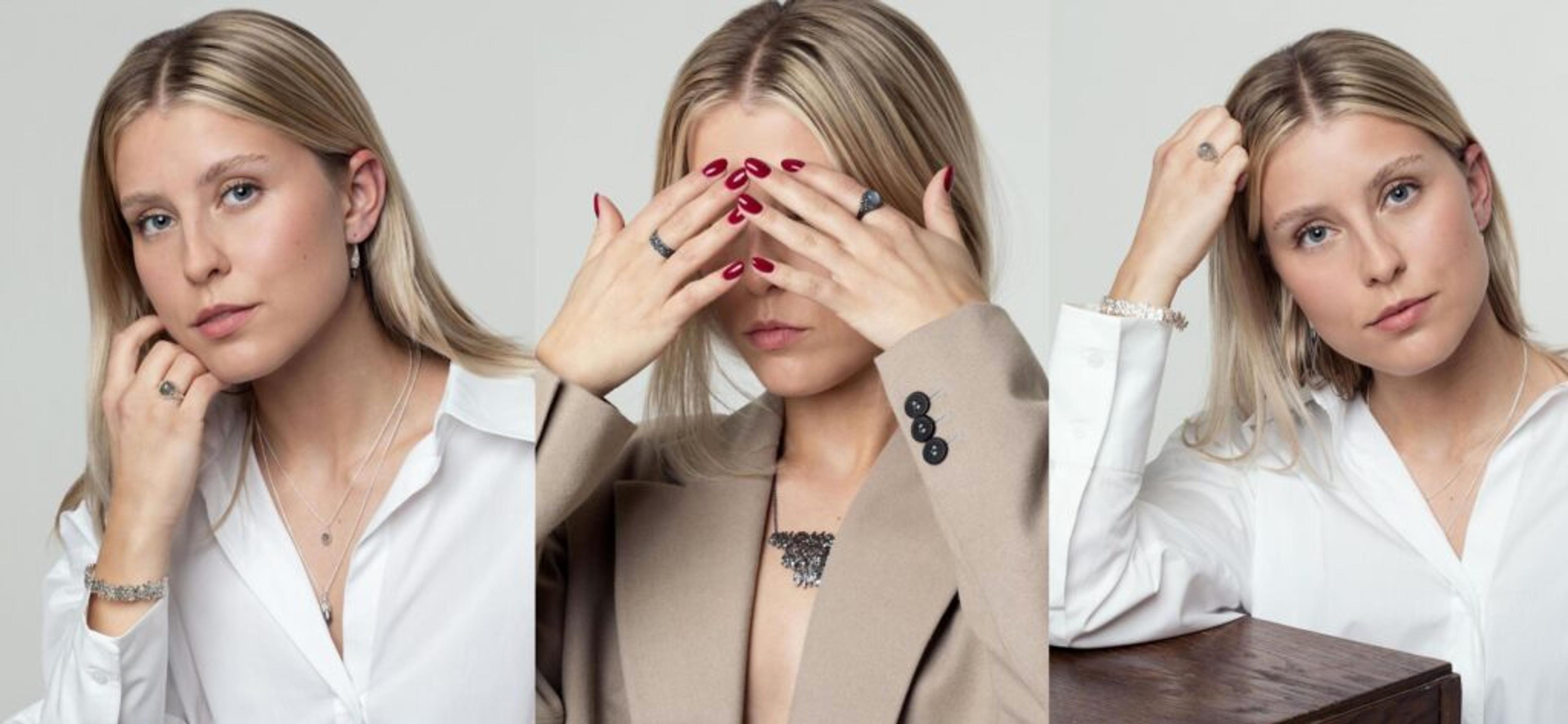
How does your Icelandic heritage inform your design process?
The Icelandic energy provides me with endless creative ideas. To sense the beauty and experience all the beautiful forms and the quietness in the countryside. This is especially true when I visit my summerhouse in the western part of Iceland, which gives me a break from my busy life in the city and where my creative ideas start to flow.
From the comments that I get from my customers from all over the world, I can tell that my ideas resonate with them, and that they can sense the Icelandic nature and culture in my jewelry design and that is a good feeling. As one of my customers recently said about the jewellery:
“It truly is reminiscent of why we love Iceland, for its natural beauty.”
“It’s impossible not to think of Iceland every time you wear it.”
What have been the biggest challenges and milestones you’ve faced as an entrepreneur?
Covid-19 has been challenging but with the hard work and great support of our team, everything has been working smoothly. The challenge for Aurum is to keep up with the growth of the company. We have to be open to new opportunities and keep on developing The Aurum Brand and focus on our core values every day.
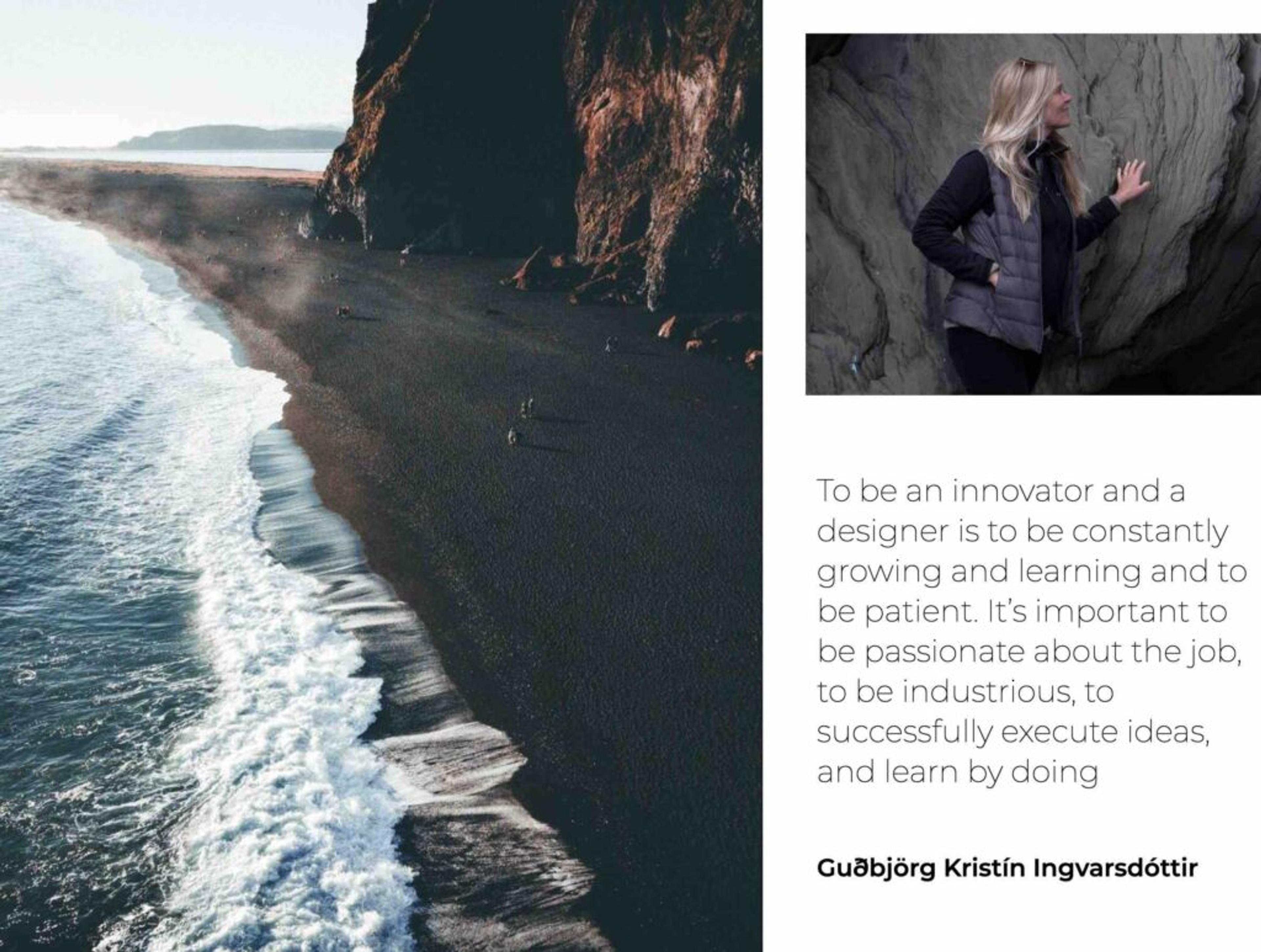
What’s next for you? Any new exciting projects in the pipeline?
We will continue to grow Aurum by Guðbjörg and focus on our online business.
Our new Basalt collection just came out last month and the next one is coming out very soon. I am very excited about the new collection, the design process takes such a long time so it is always a thrilling moment when I release them, I cannot wait!
I am also excited about the future as we have a lot of positive interest so now, we are carefully stepping into some new directions.
What advice do you have for aspiring entrepreneurs looking to start their own jewellery brand?
To be an innovator and a designer is to be constantly growing and learning and to be patient. It’s important to be passionate about the job, to be industrious, to successfully execute ideas, and to learn by doing.
Work hard, make original work and be patient.
